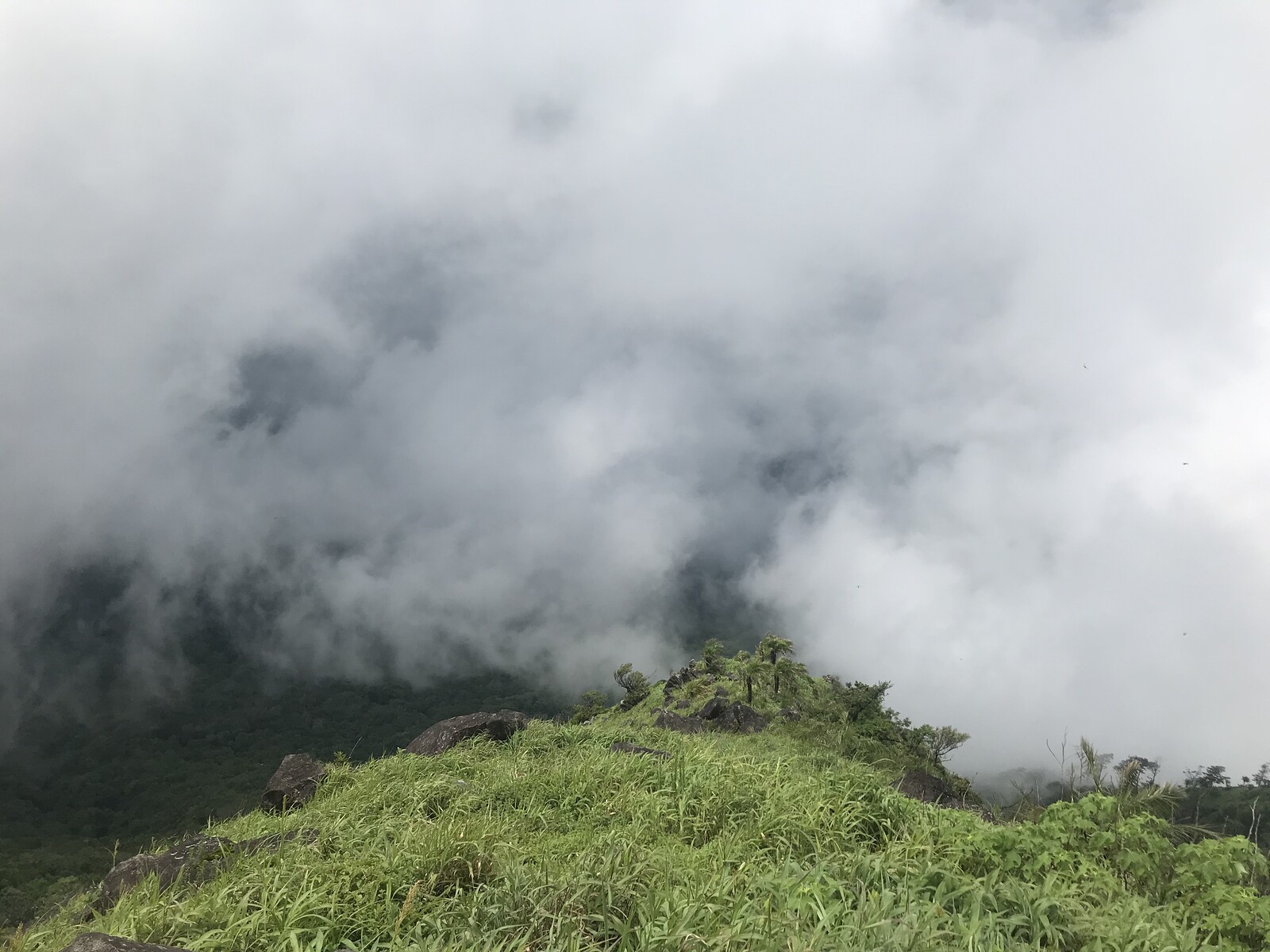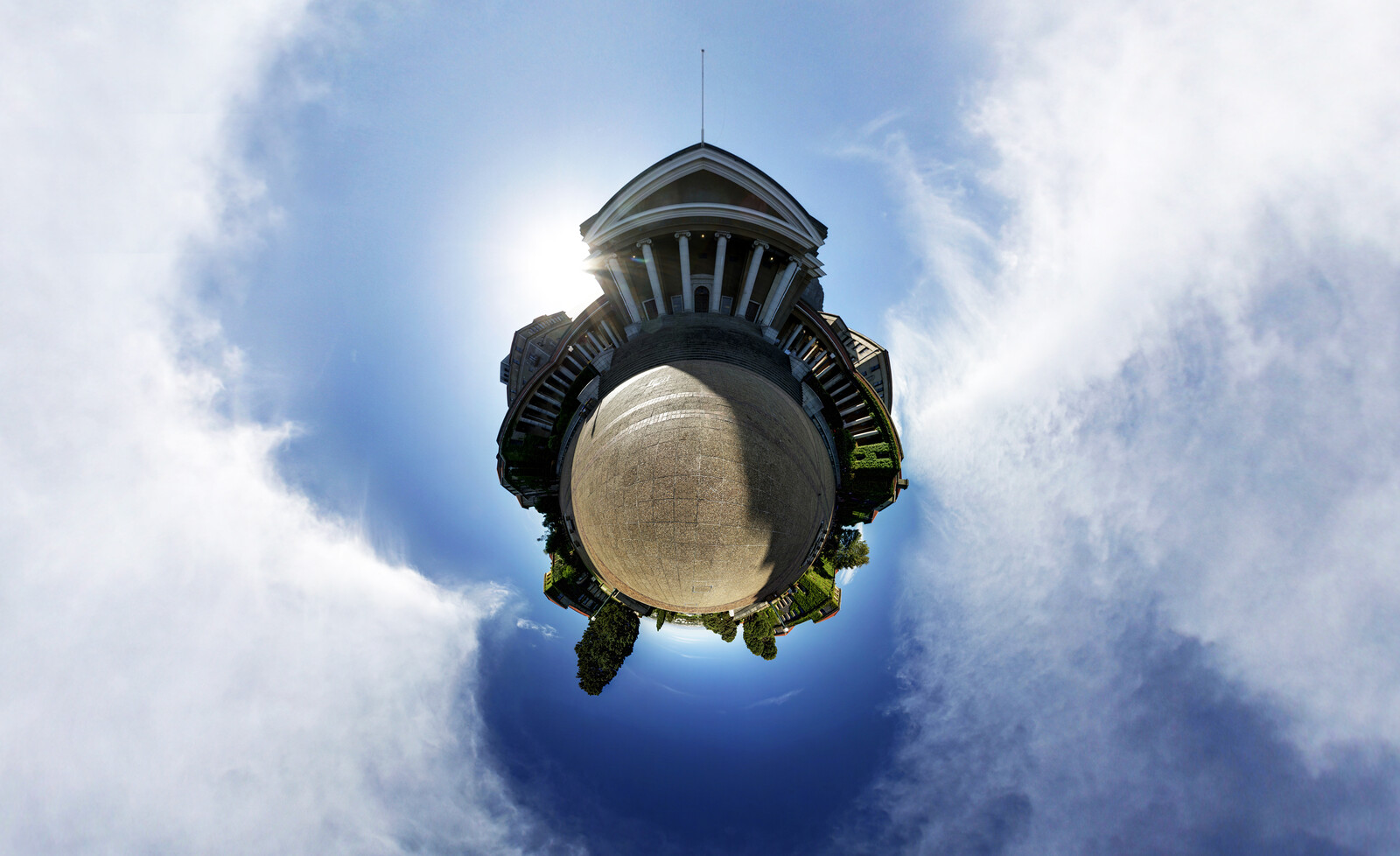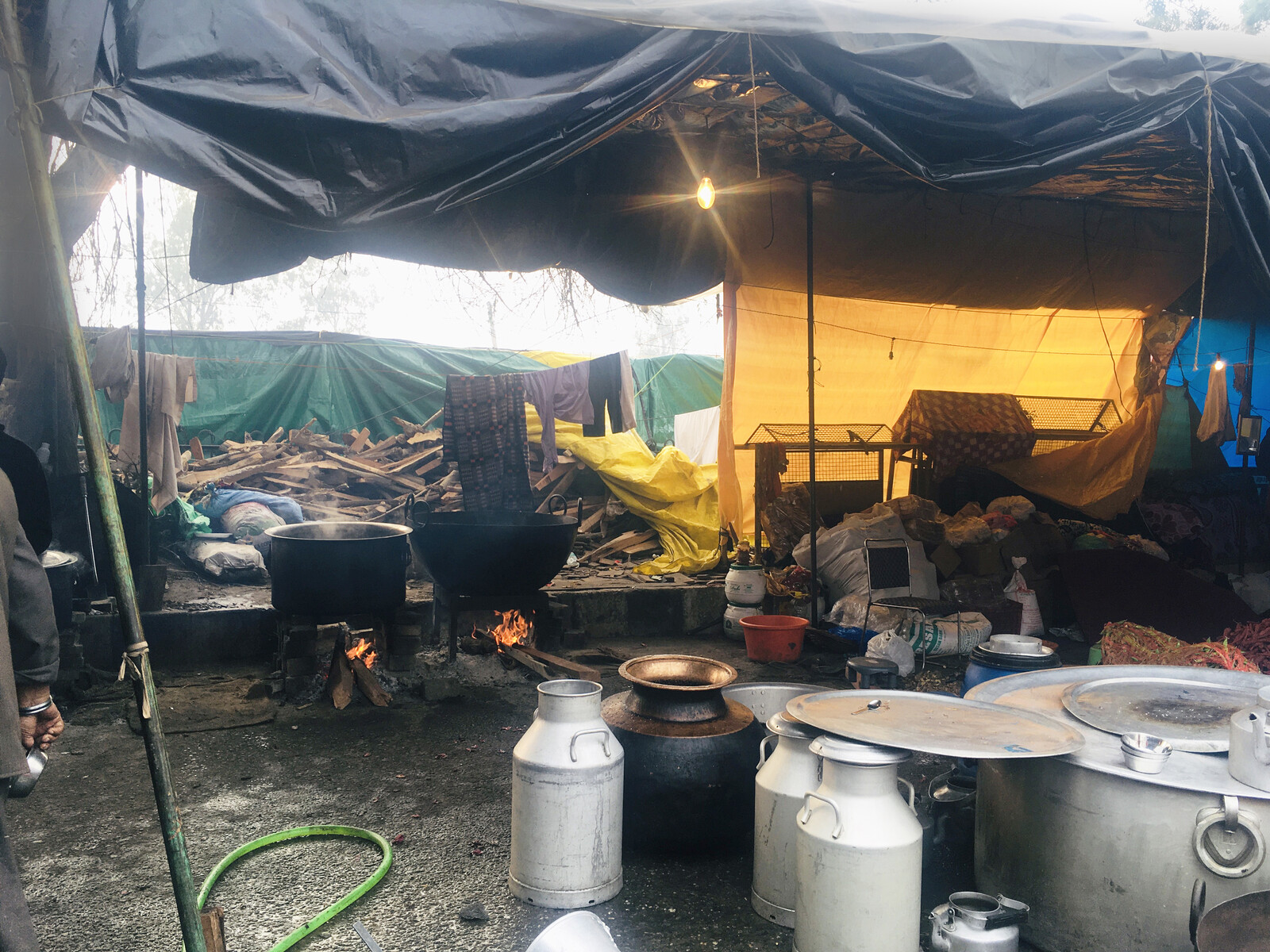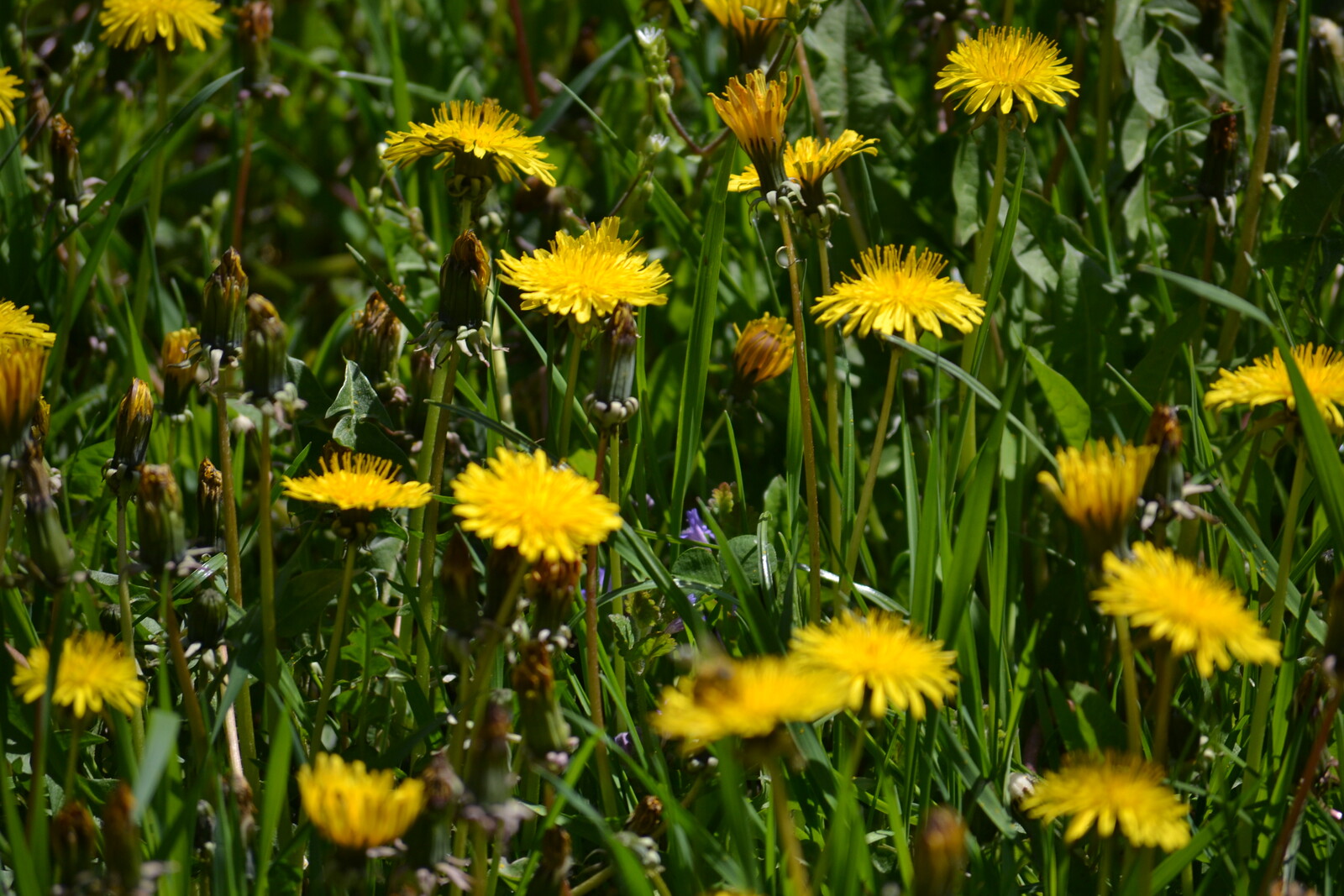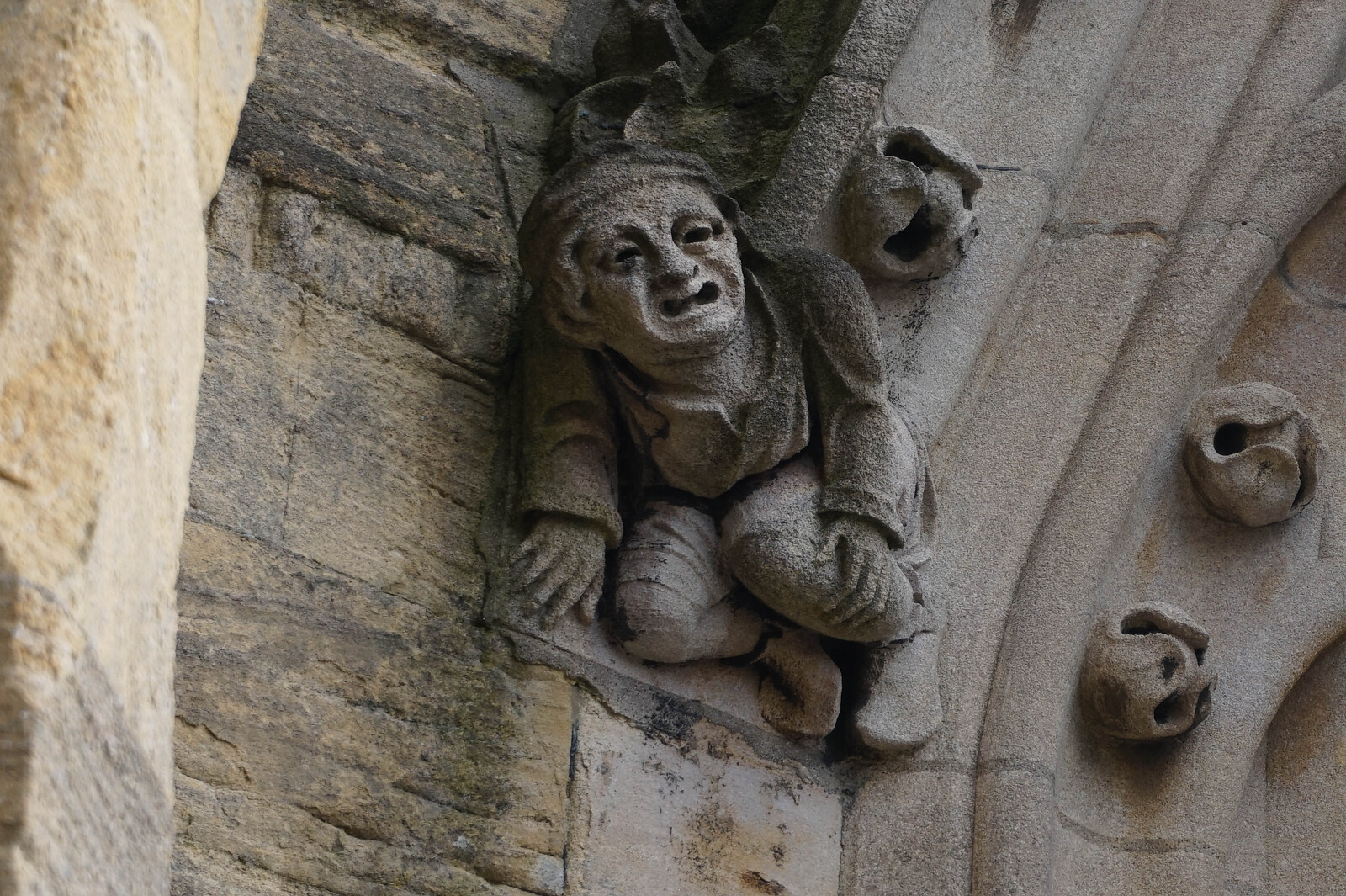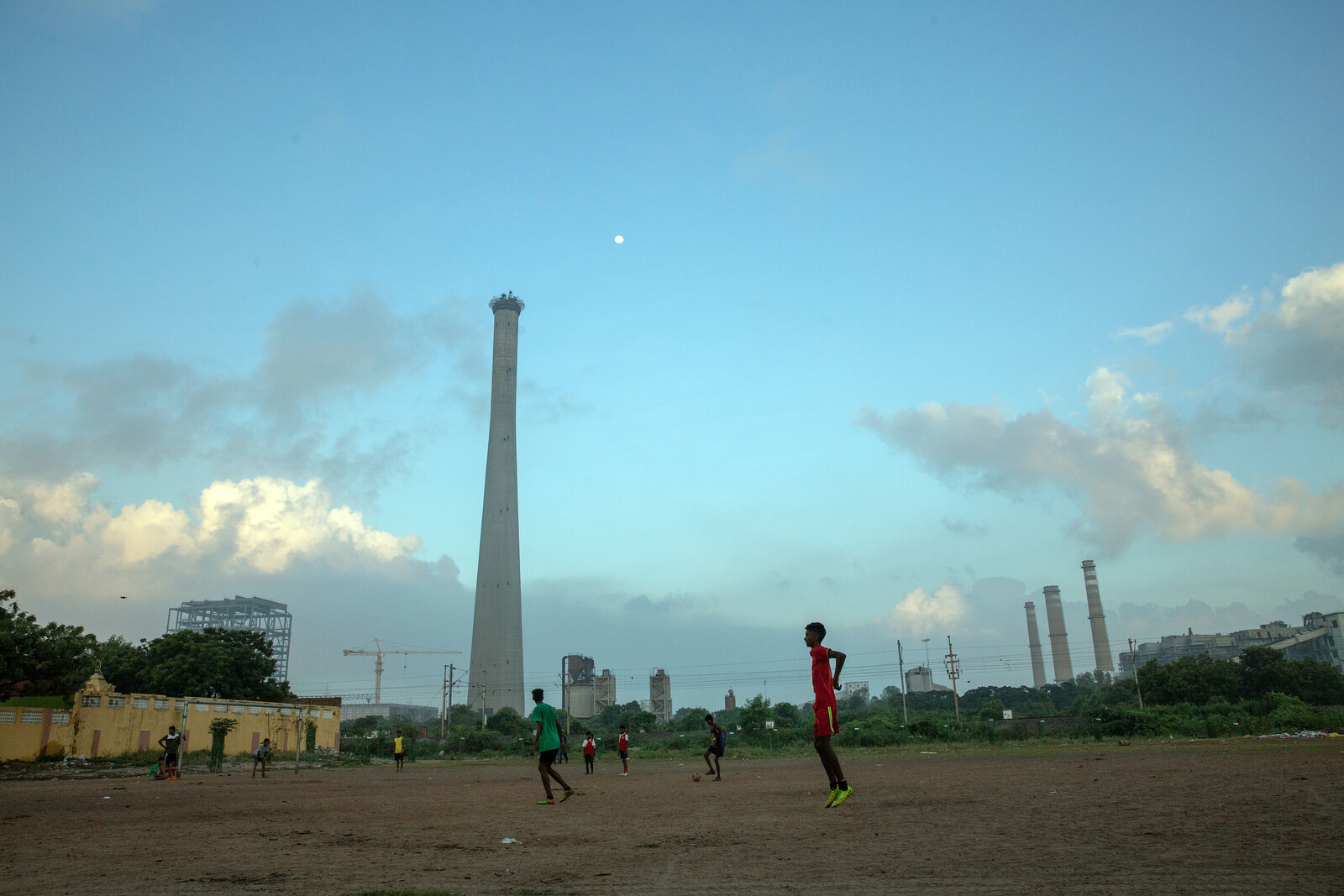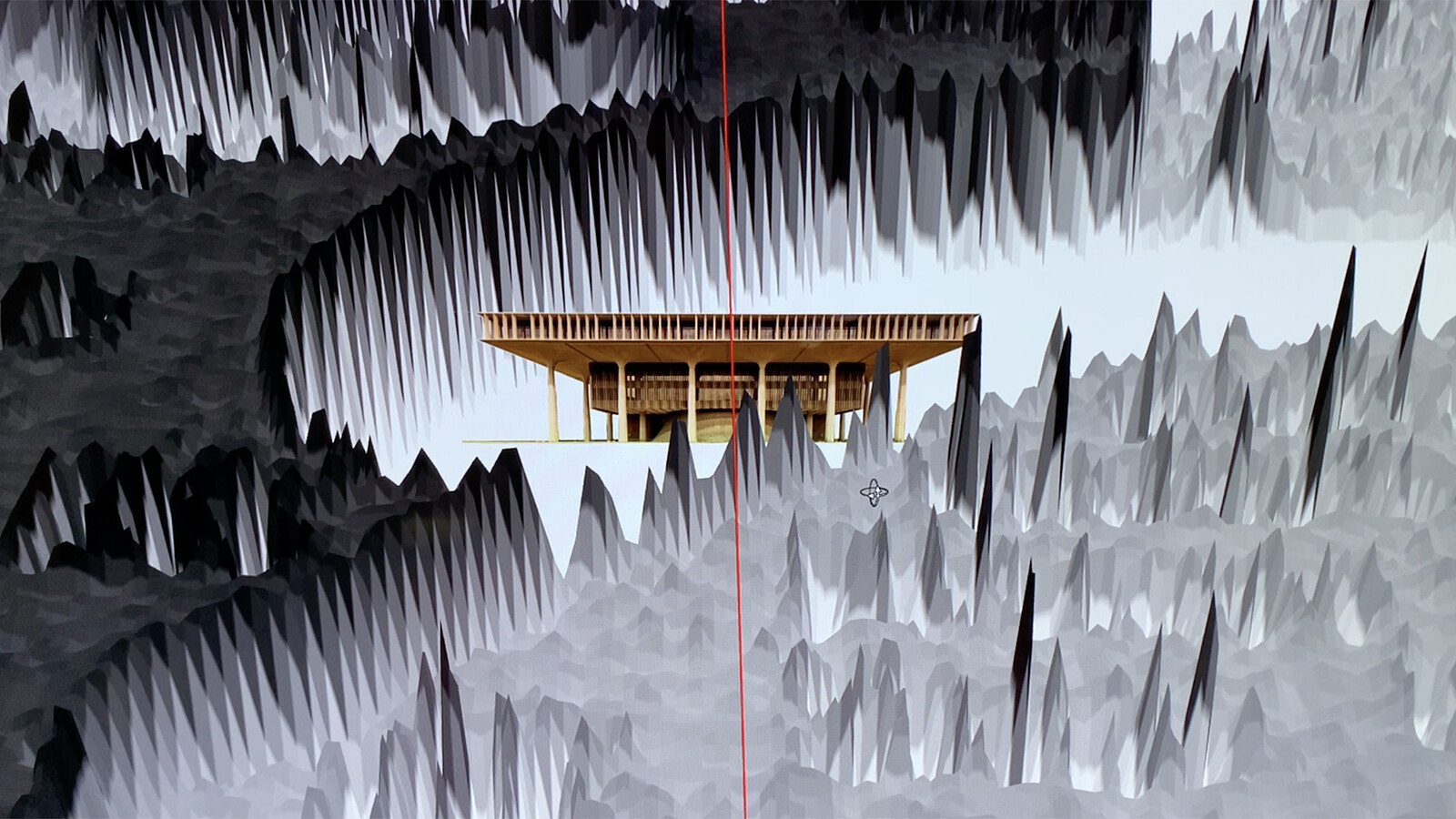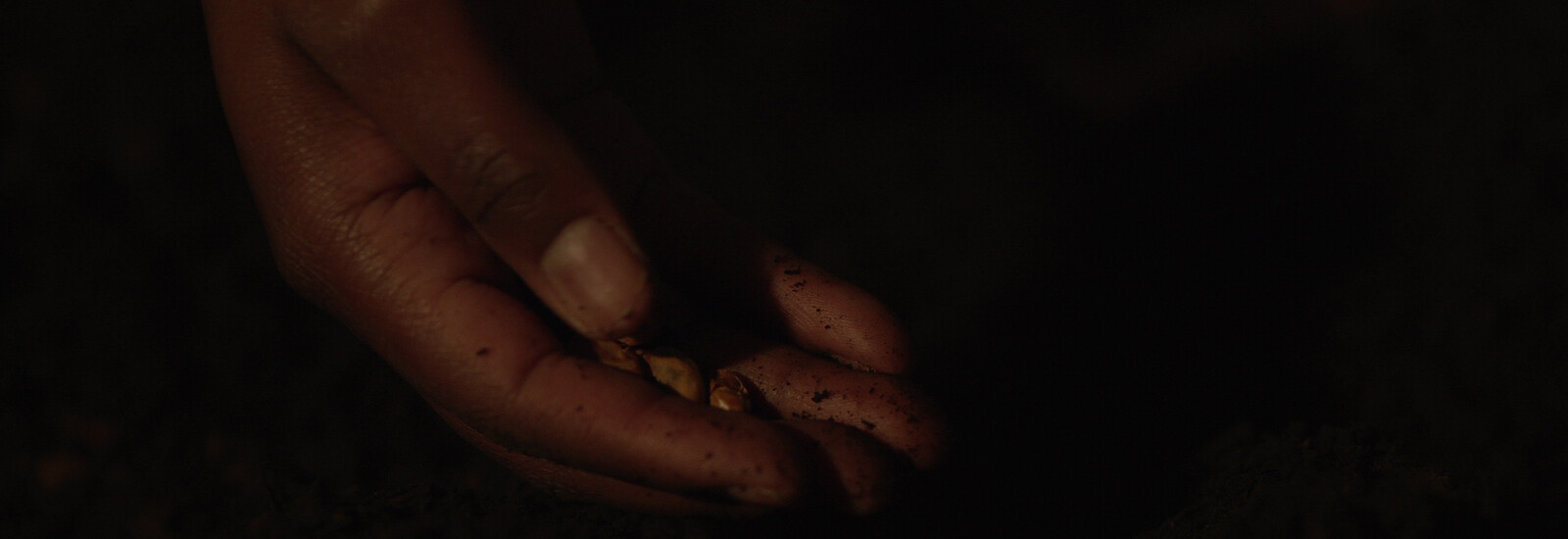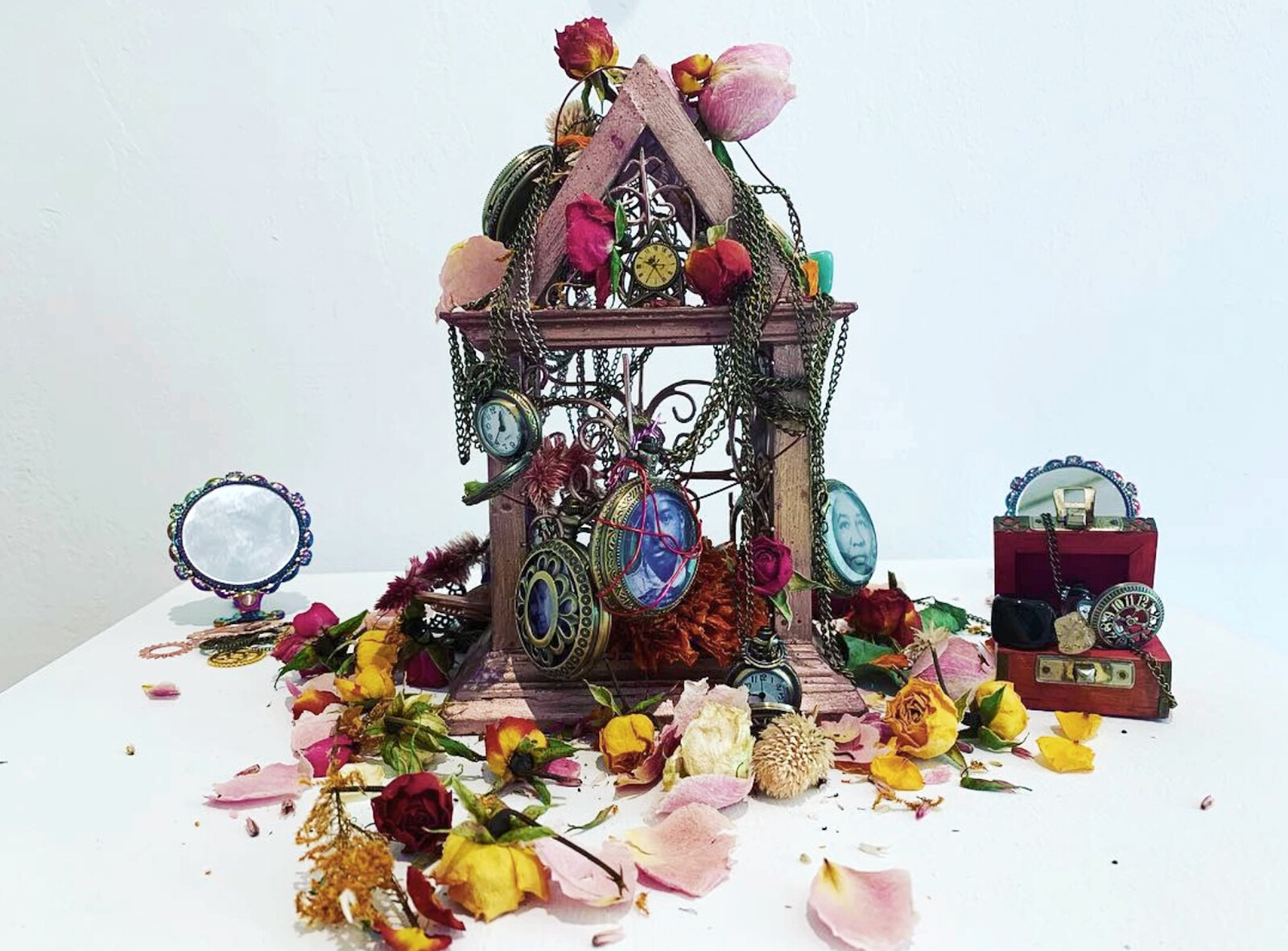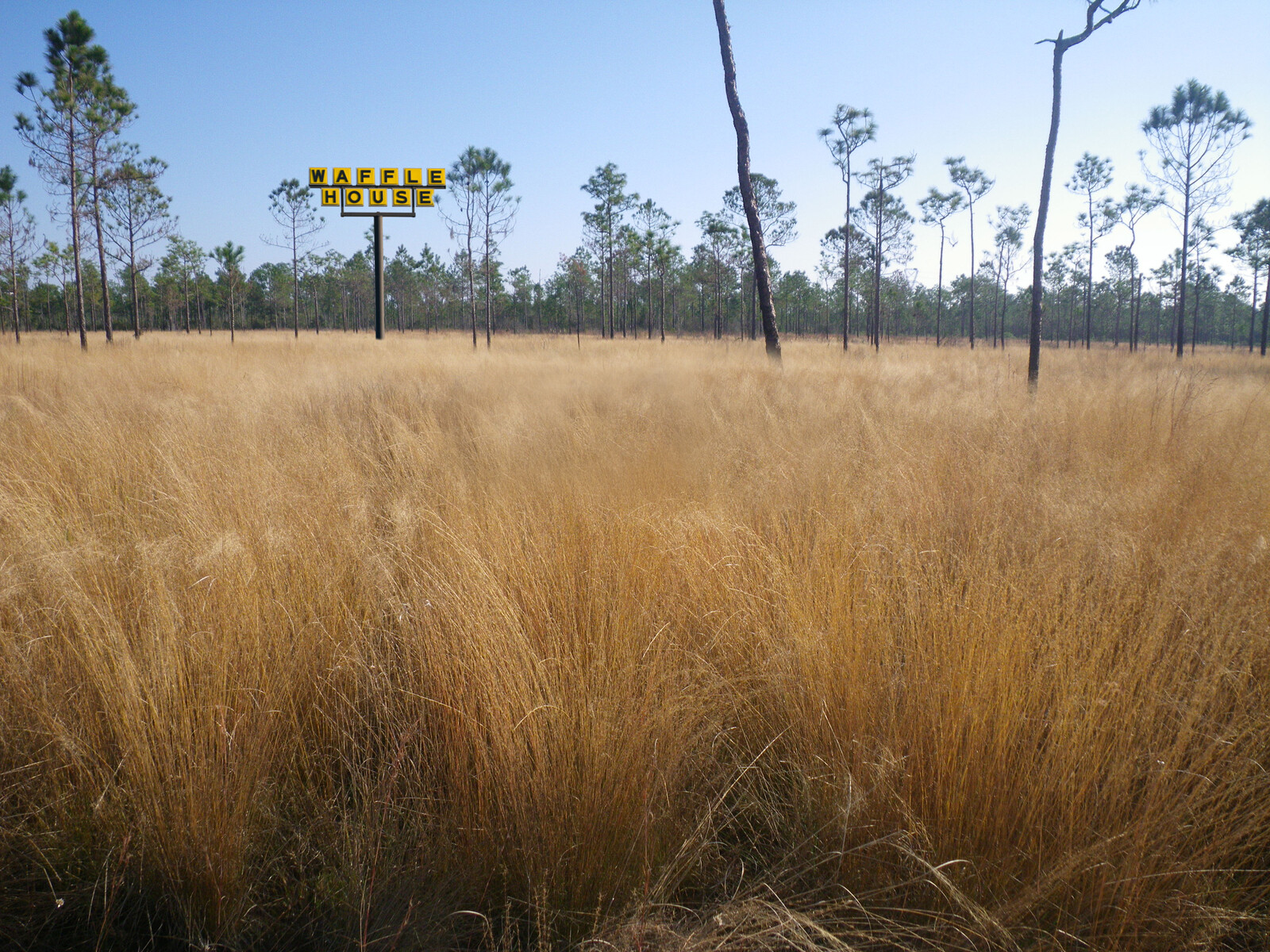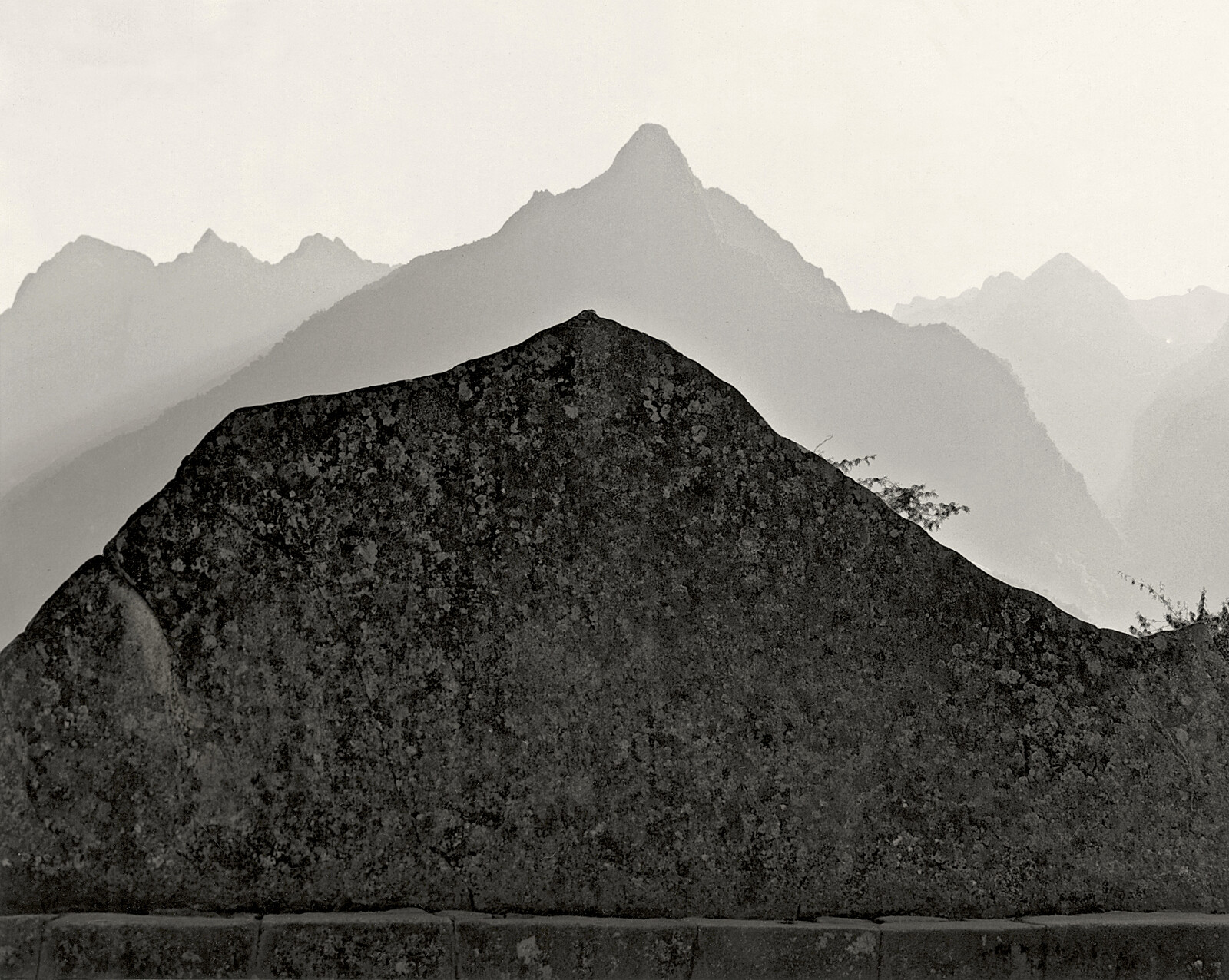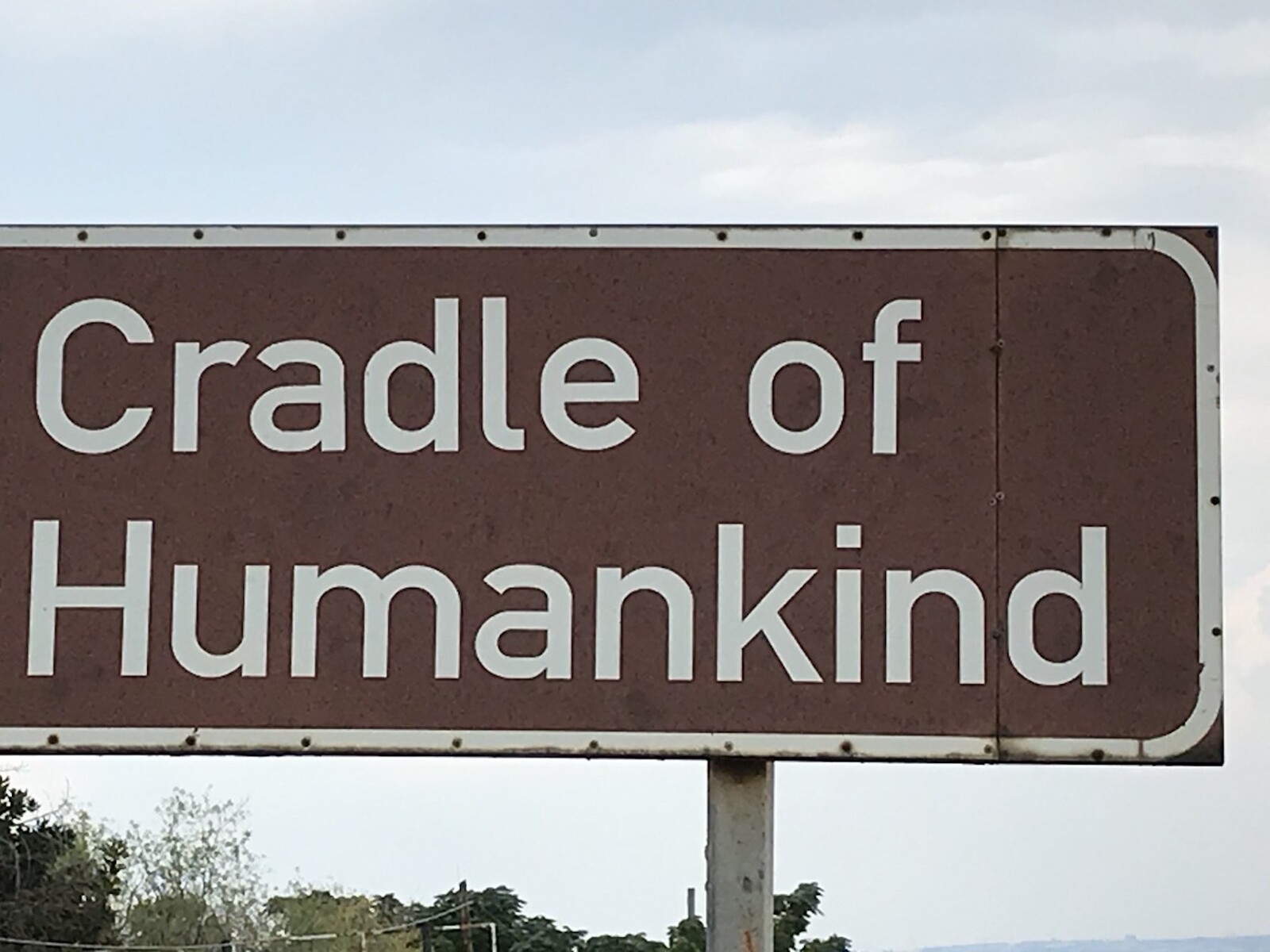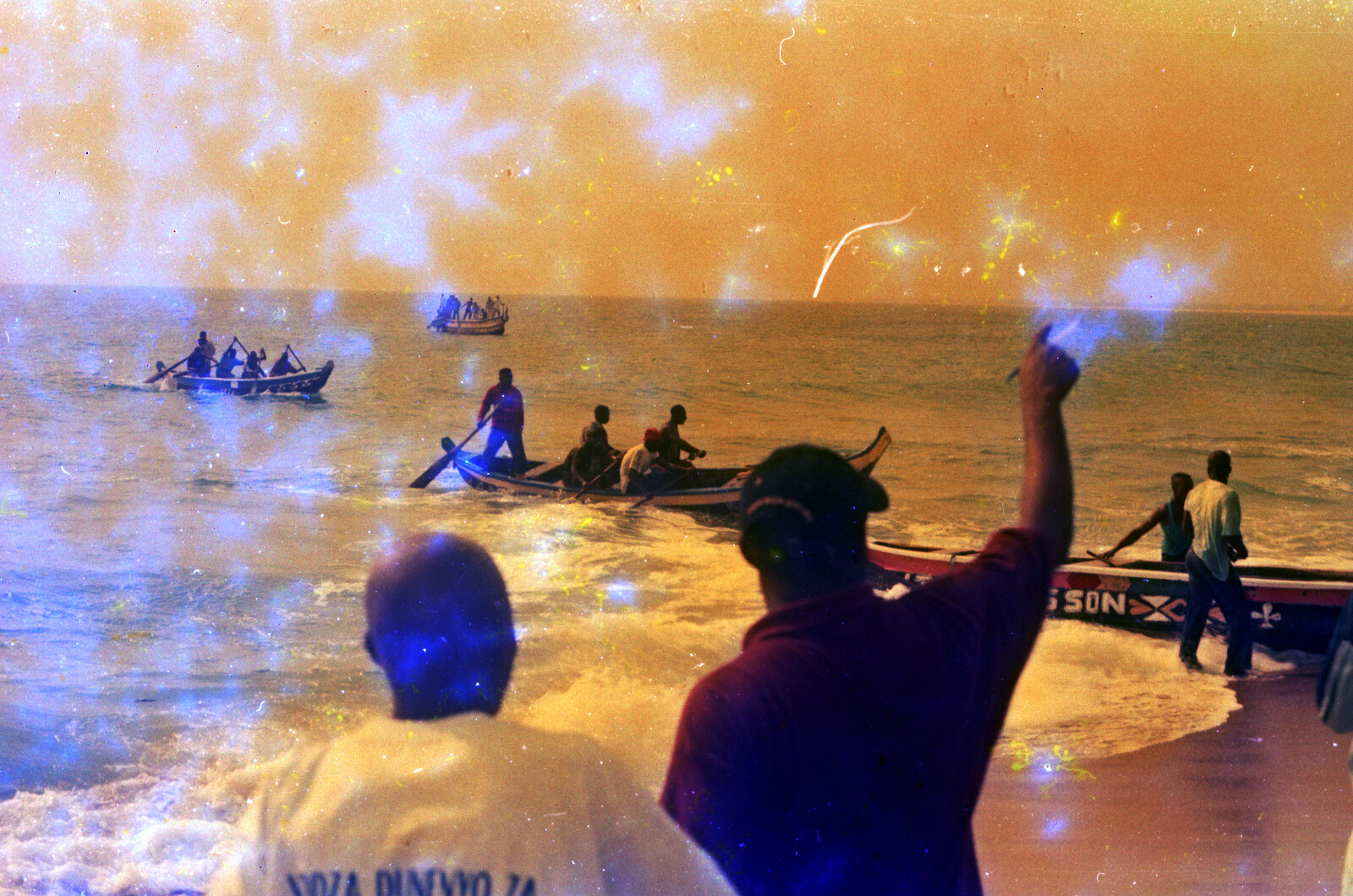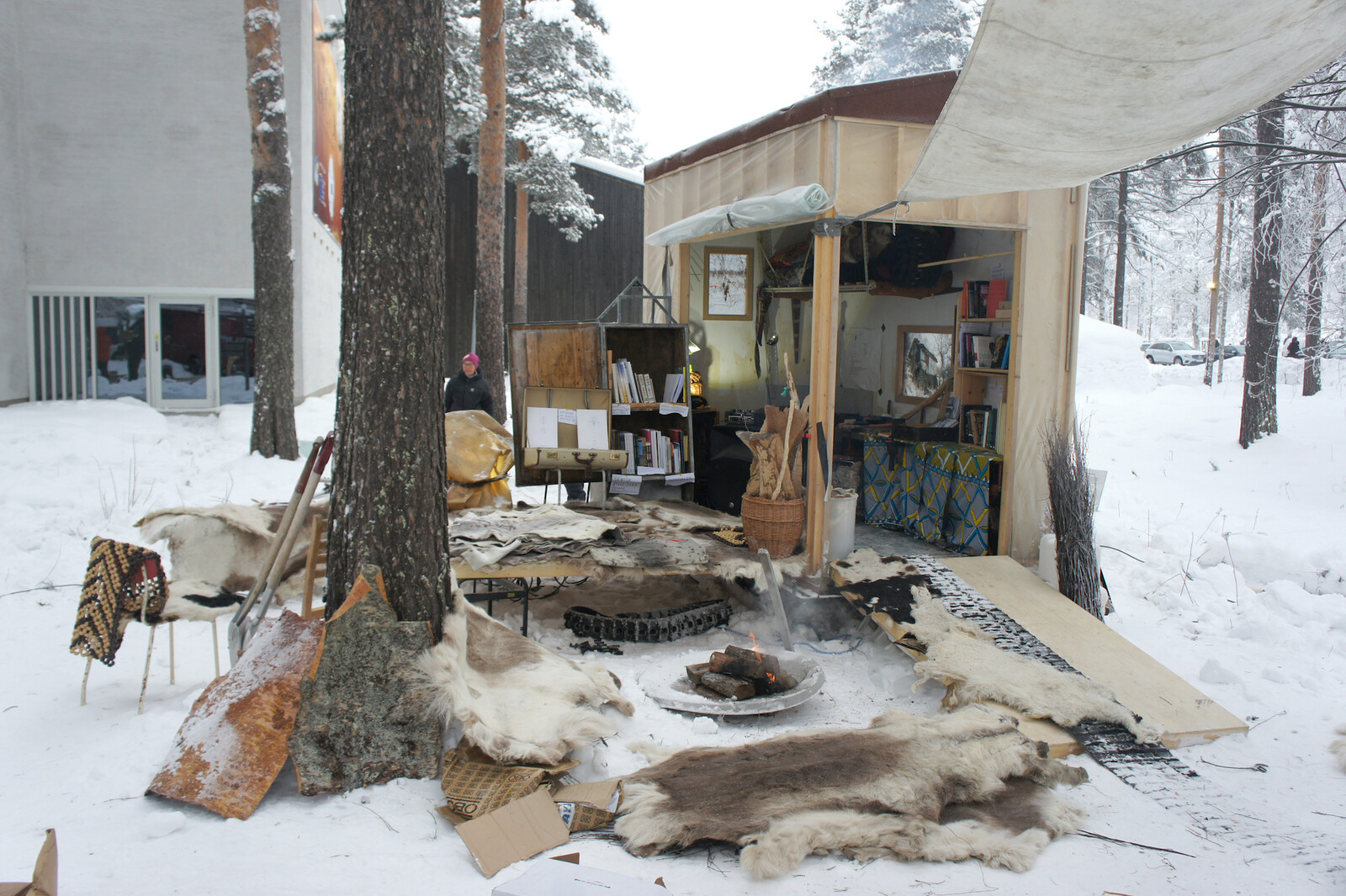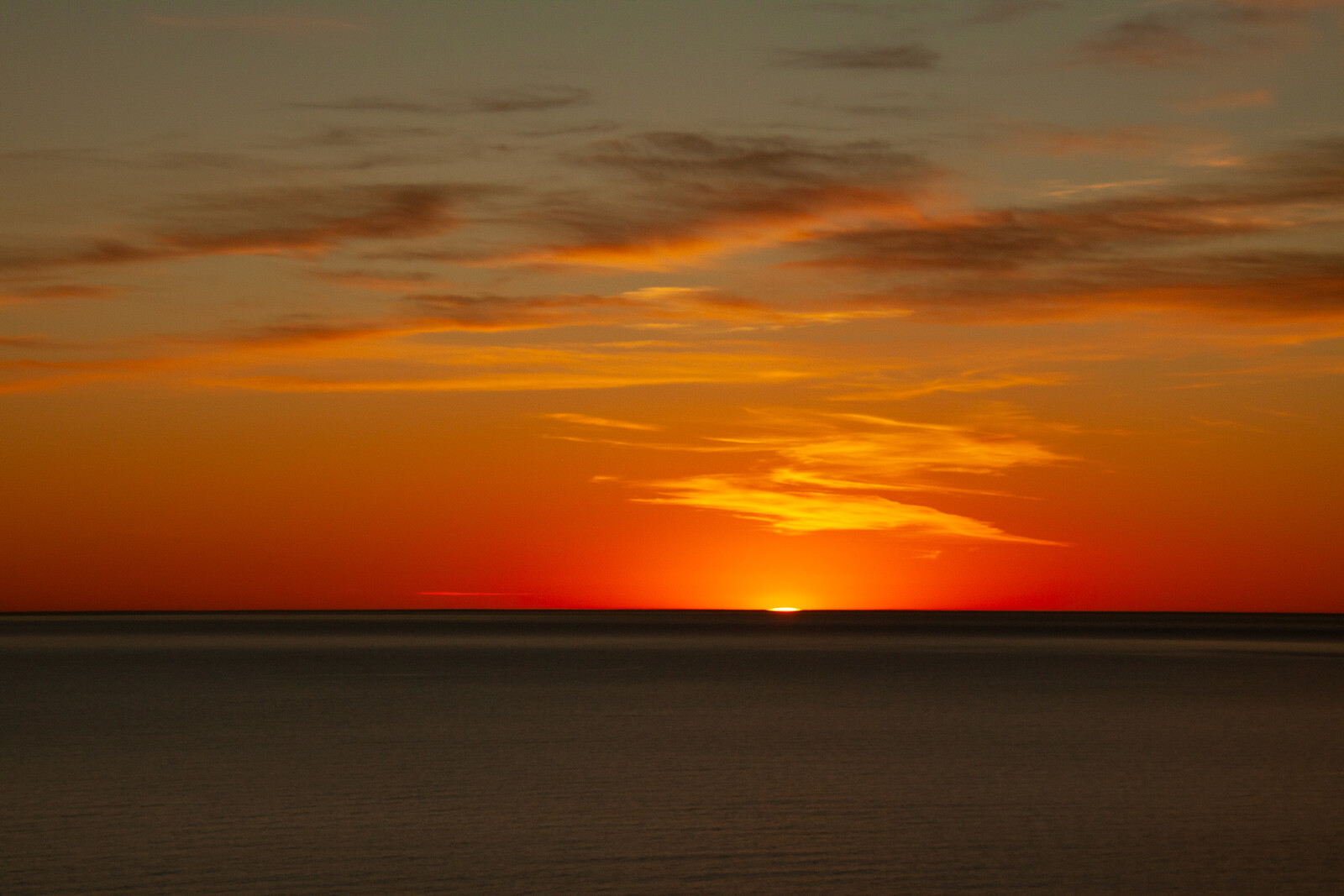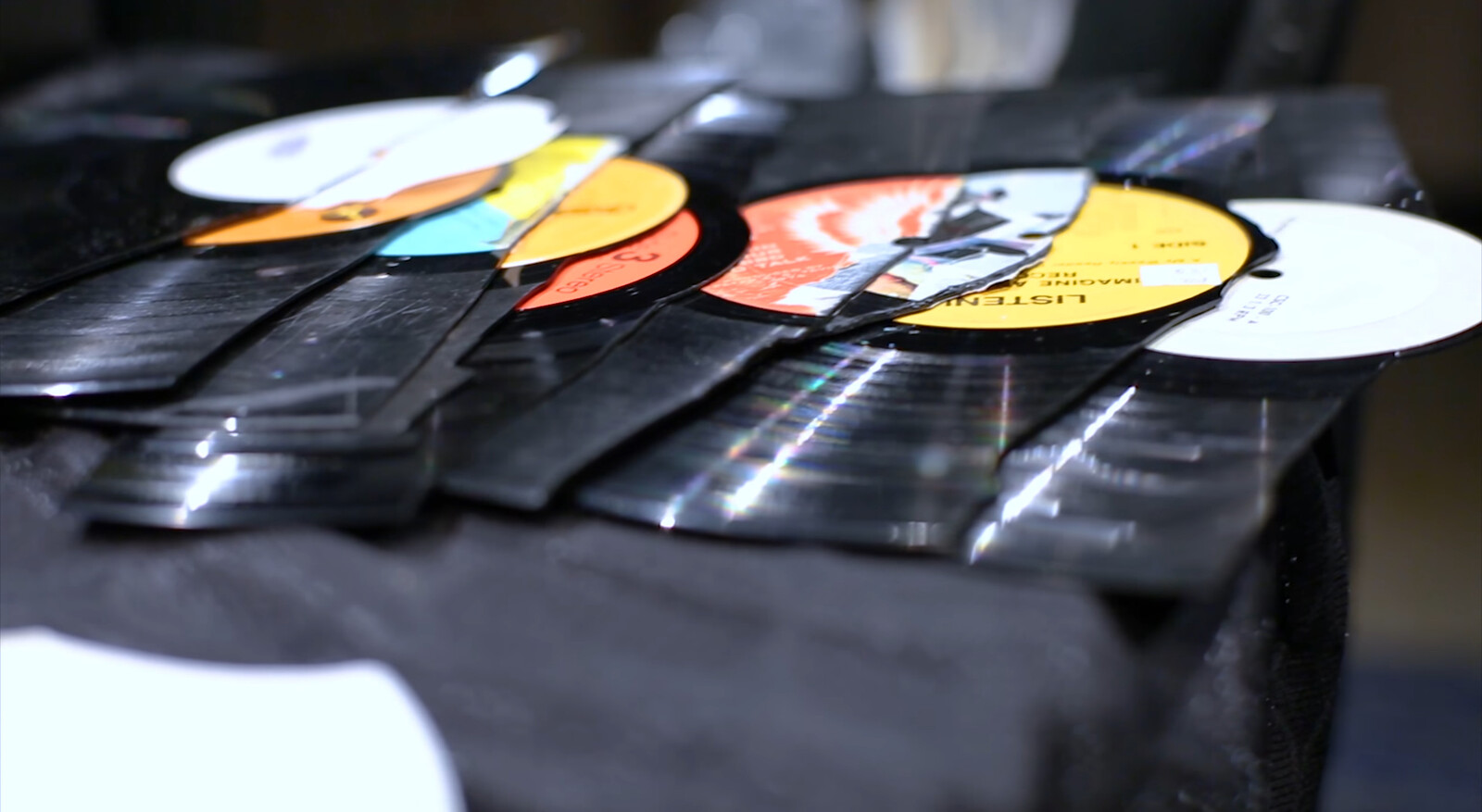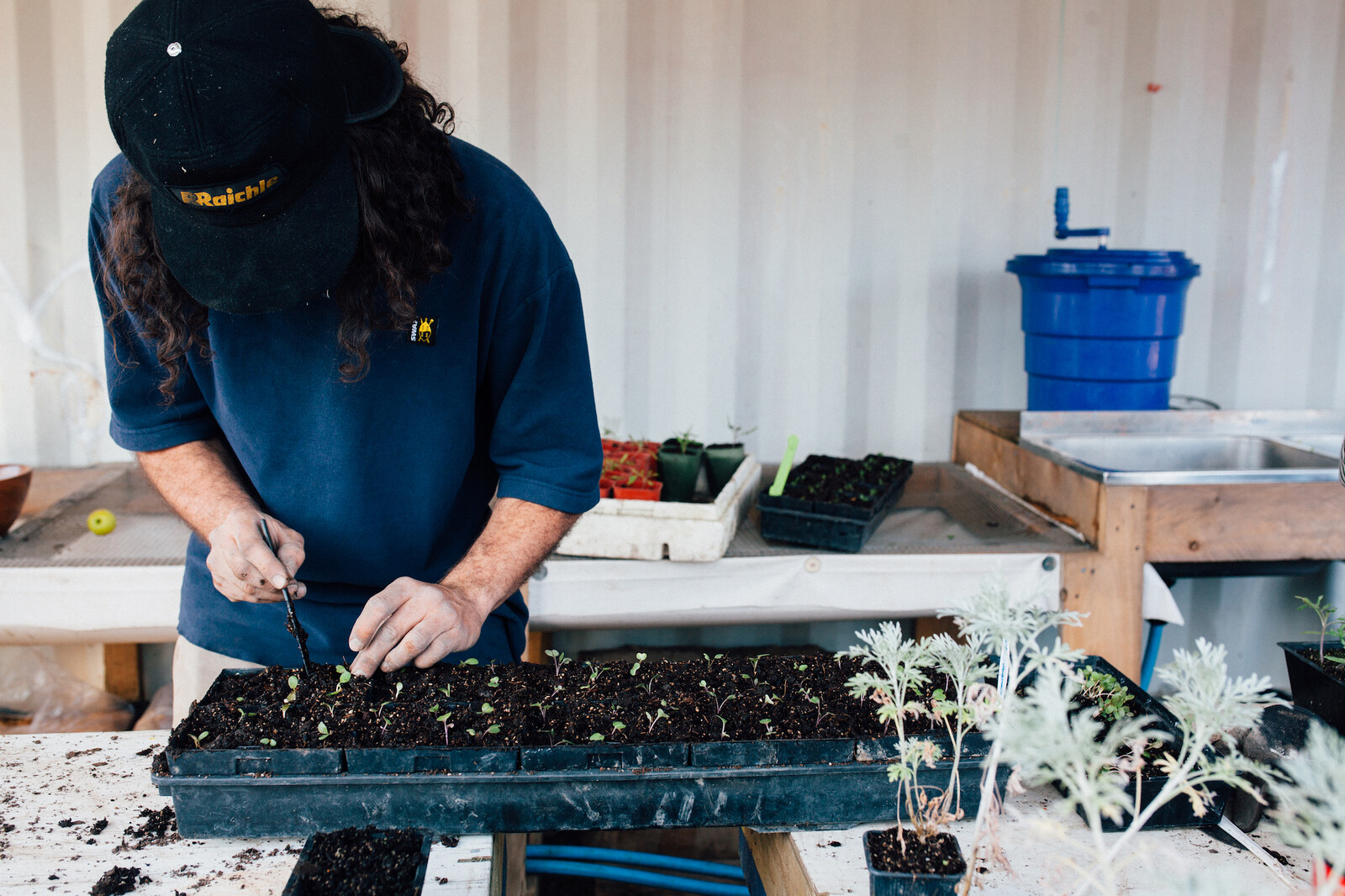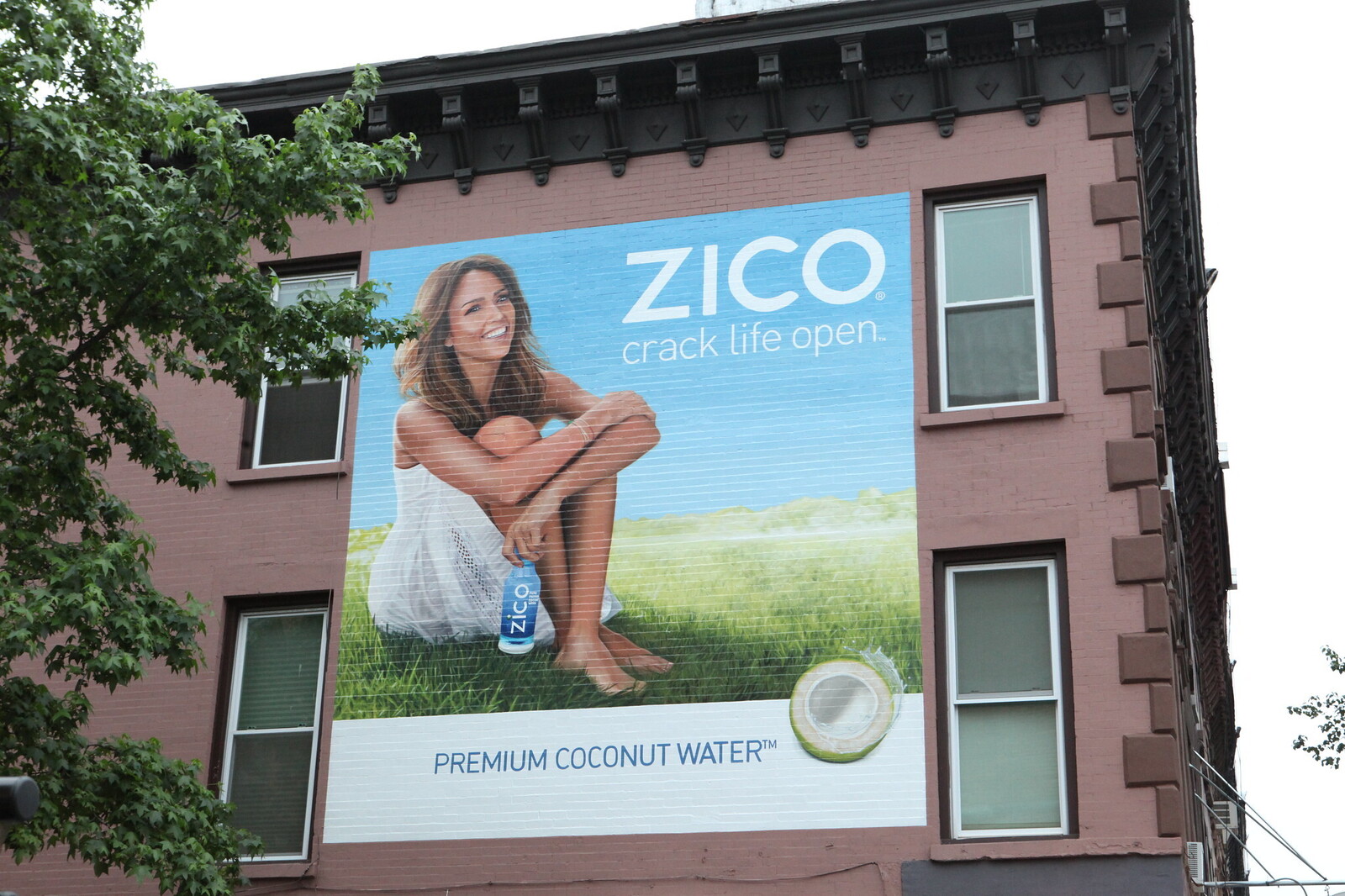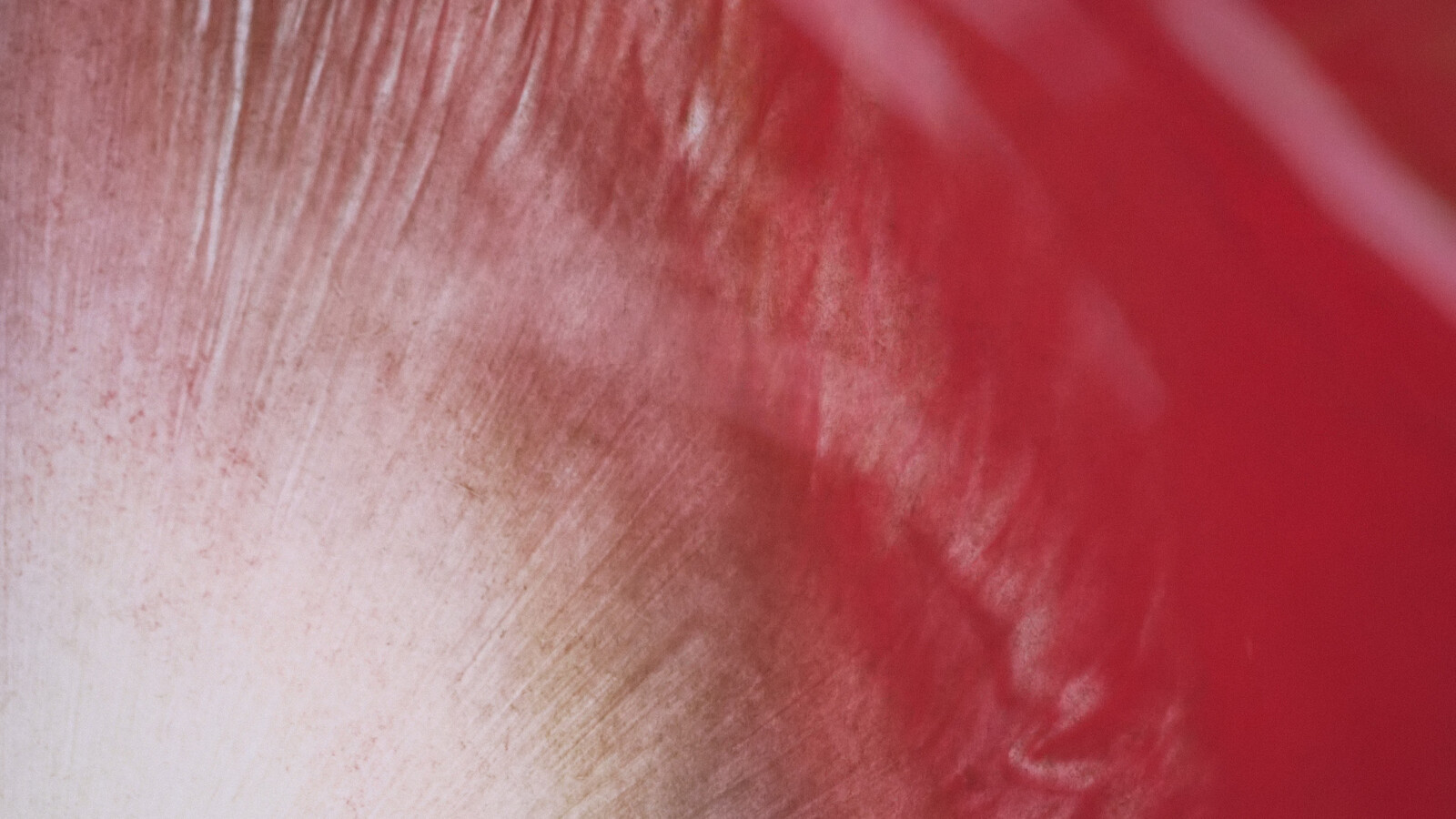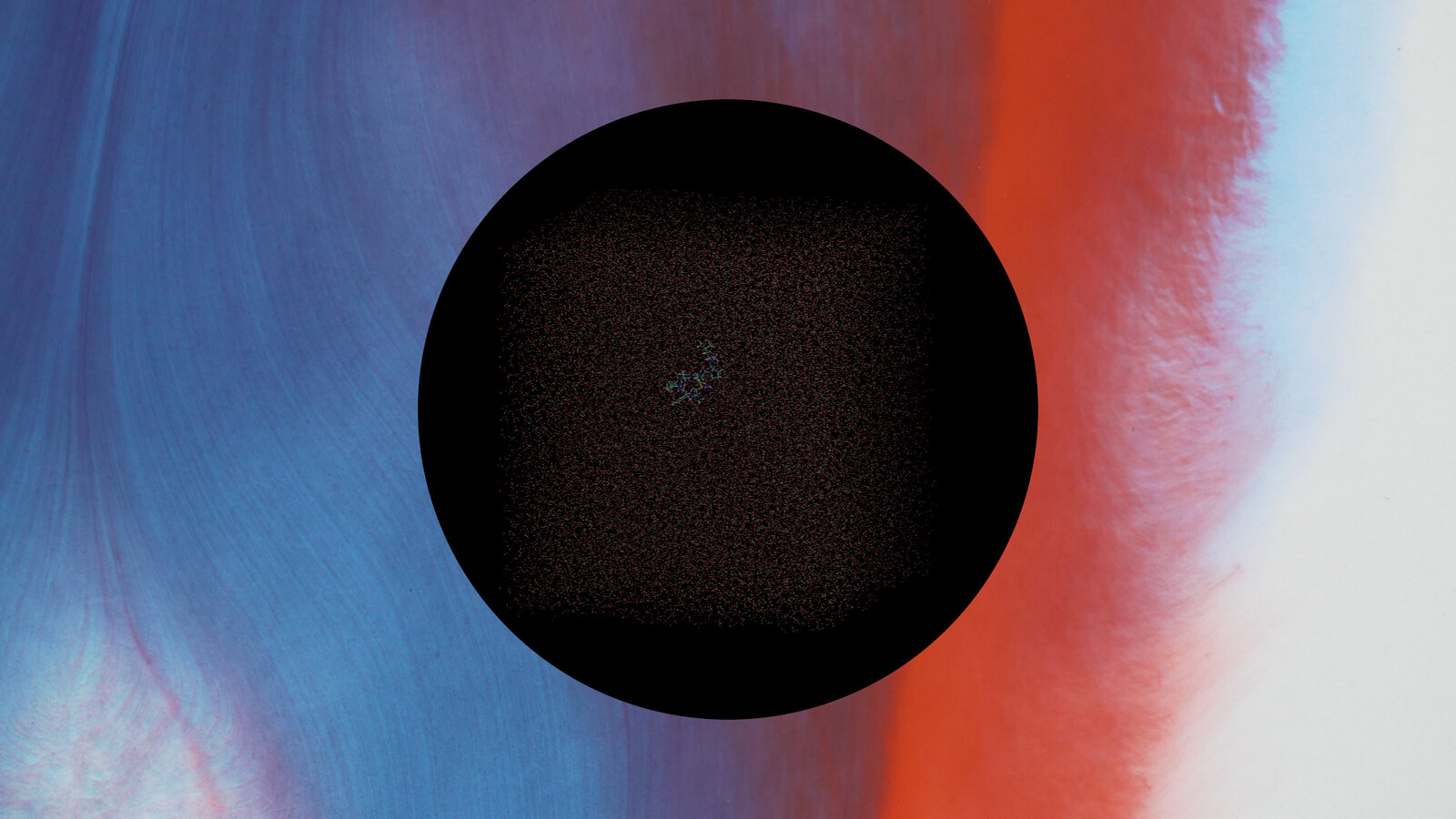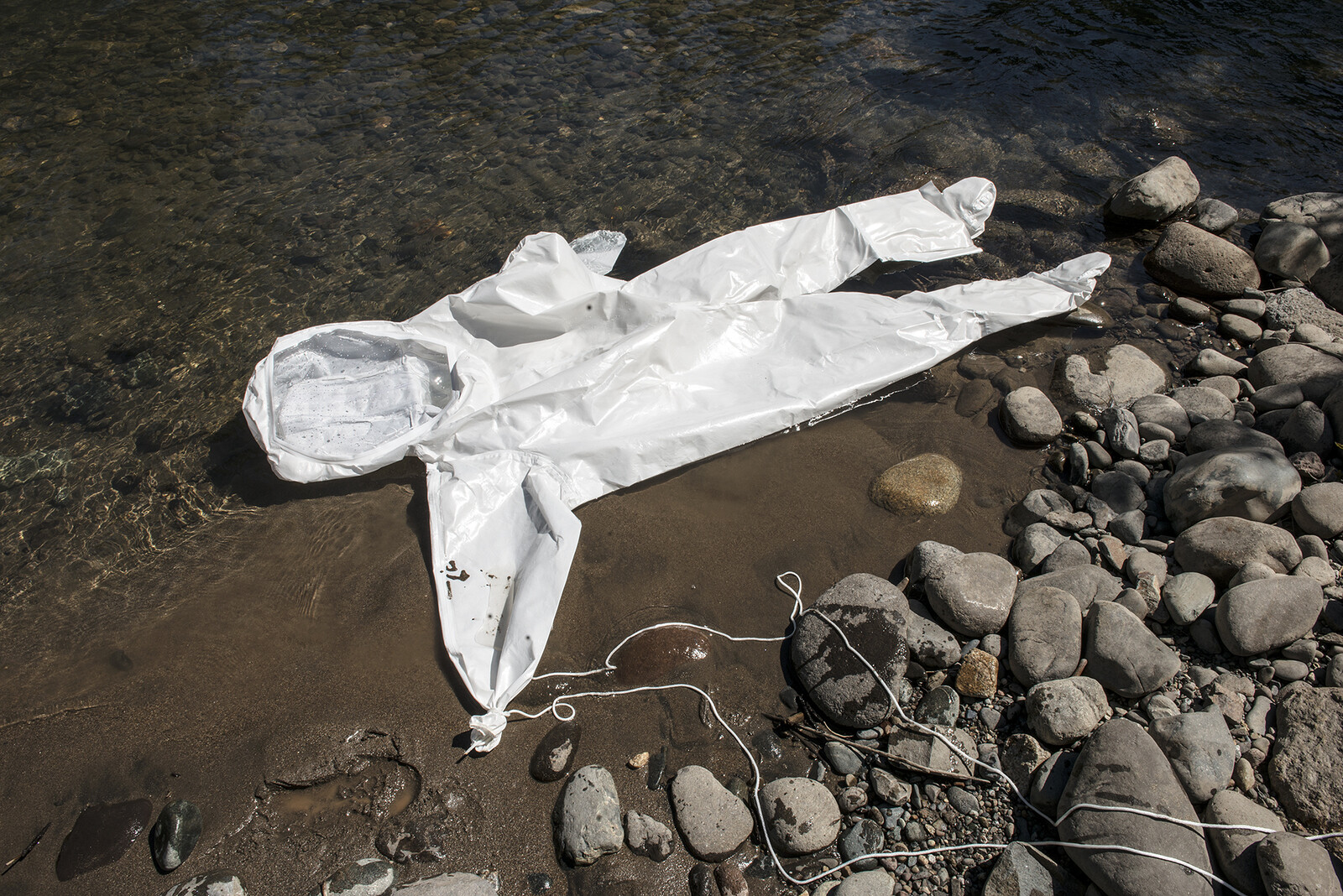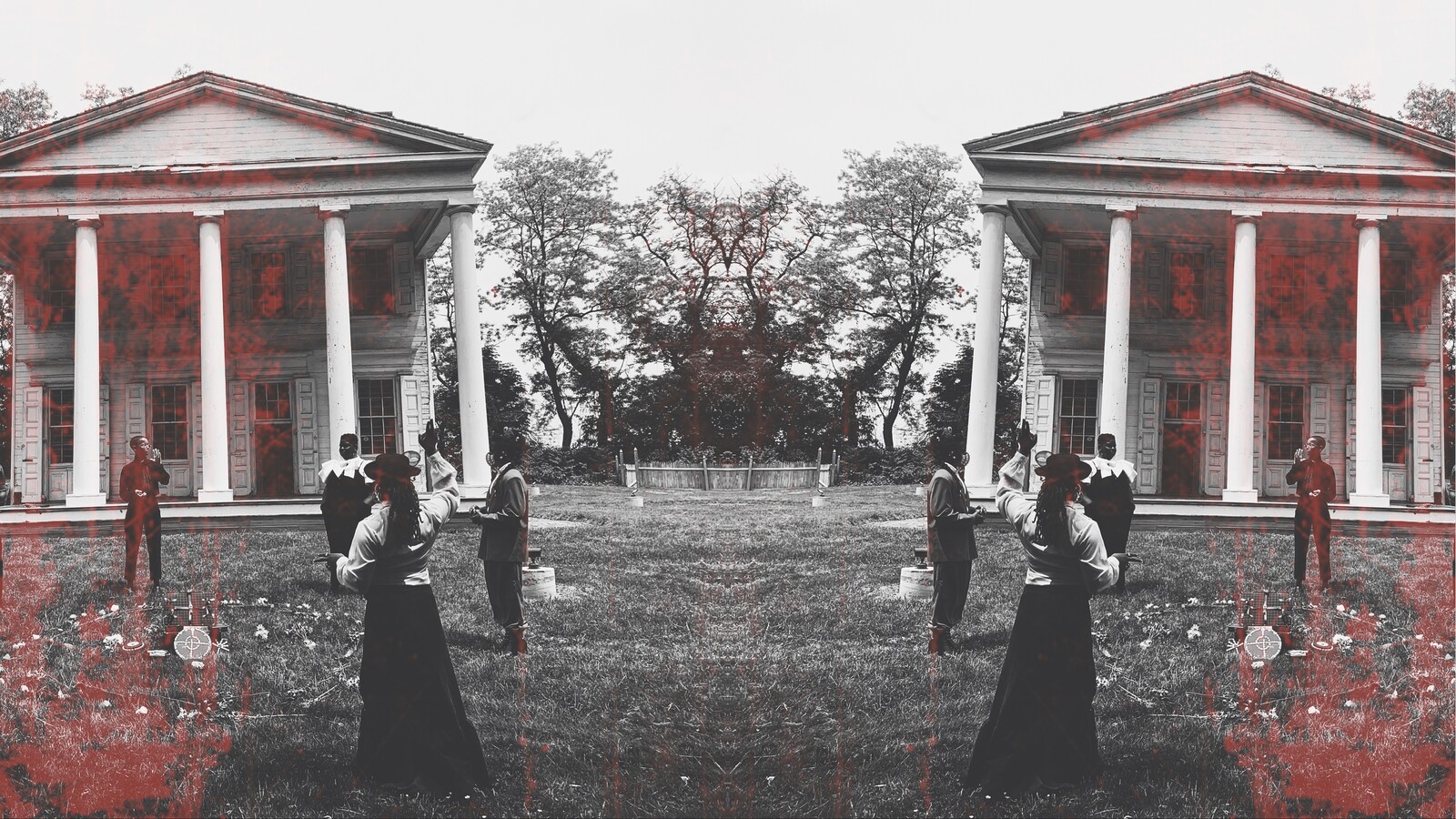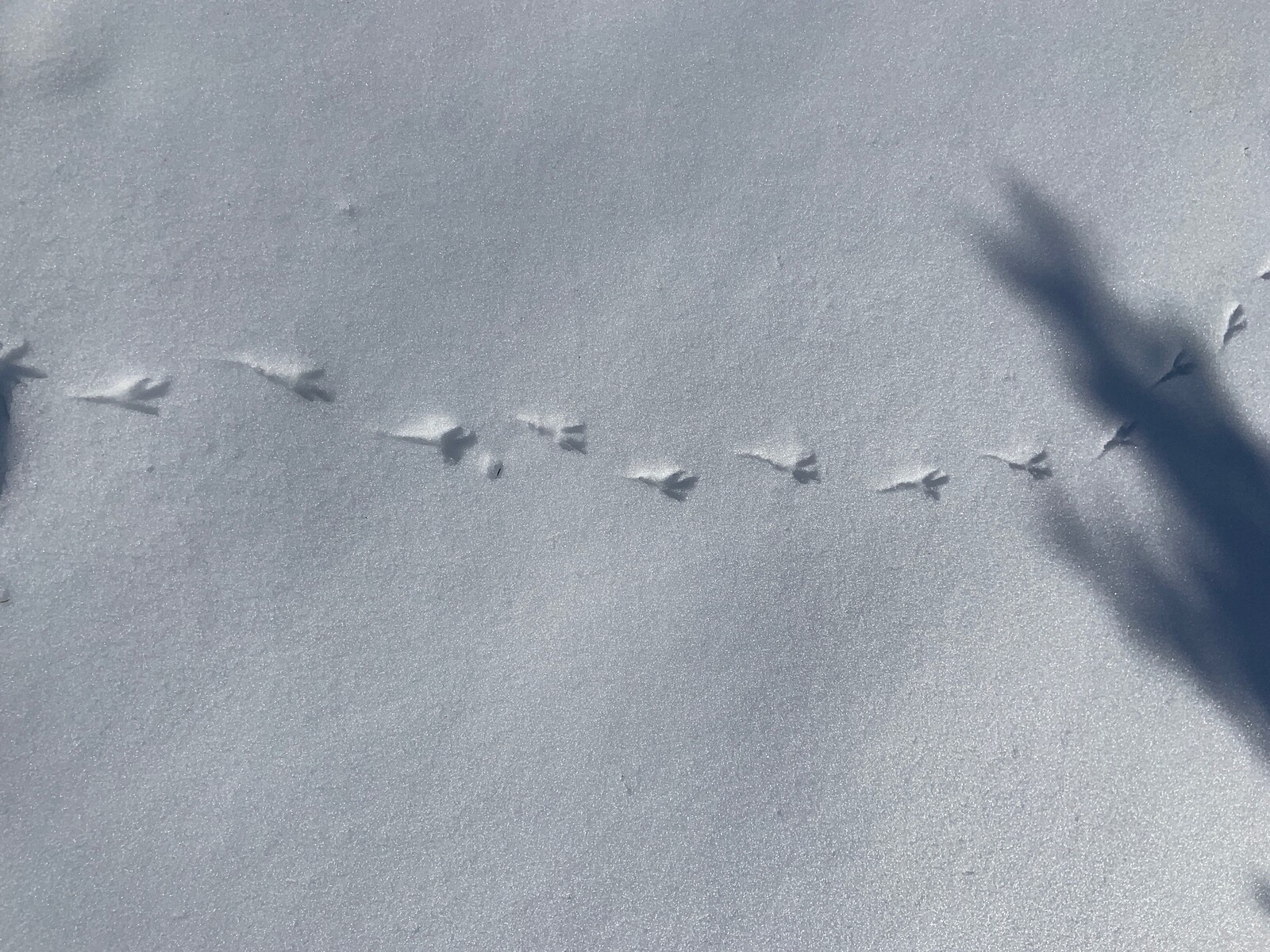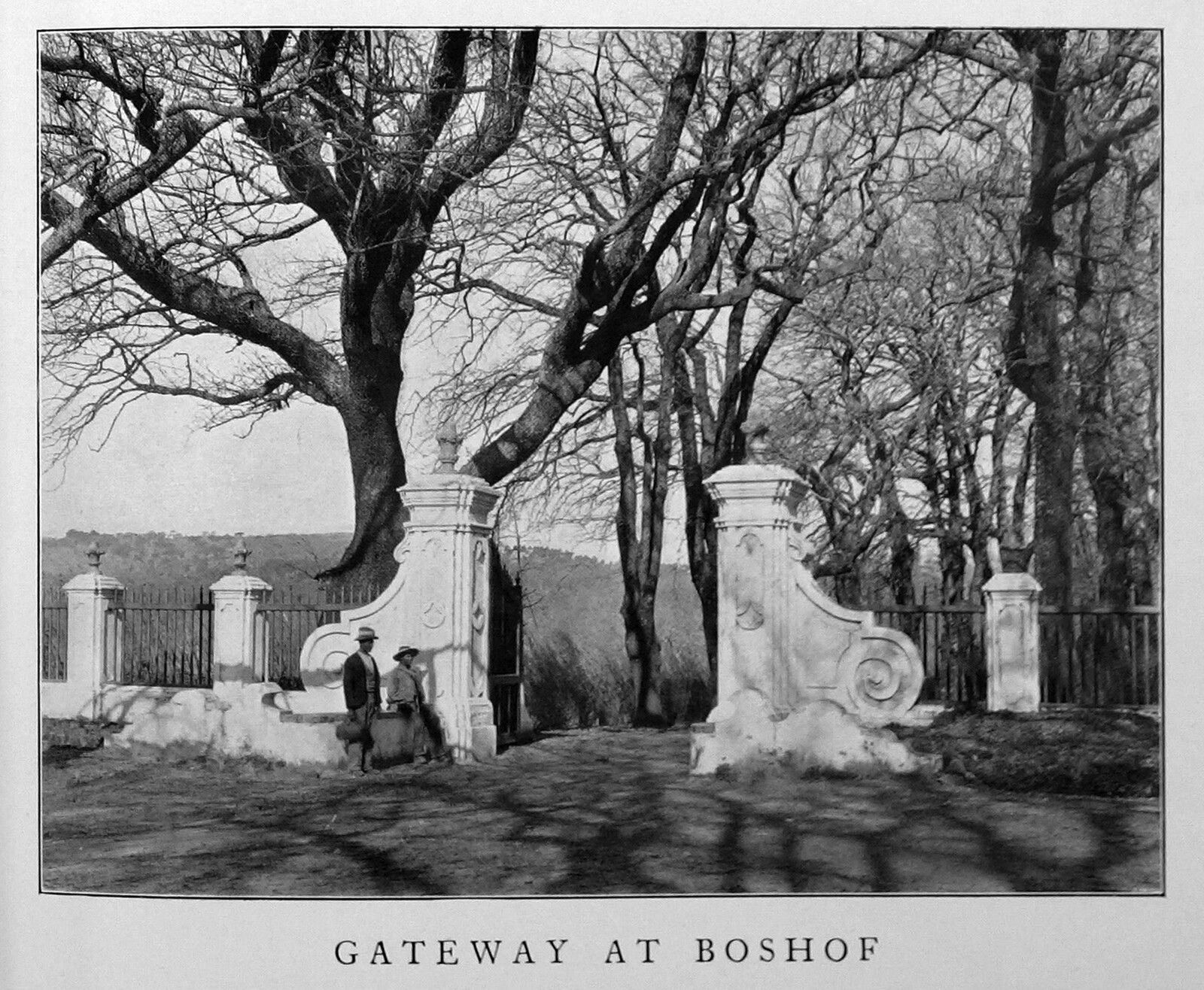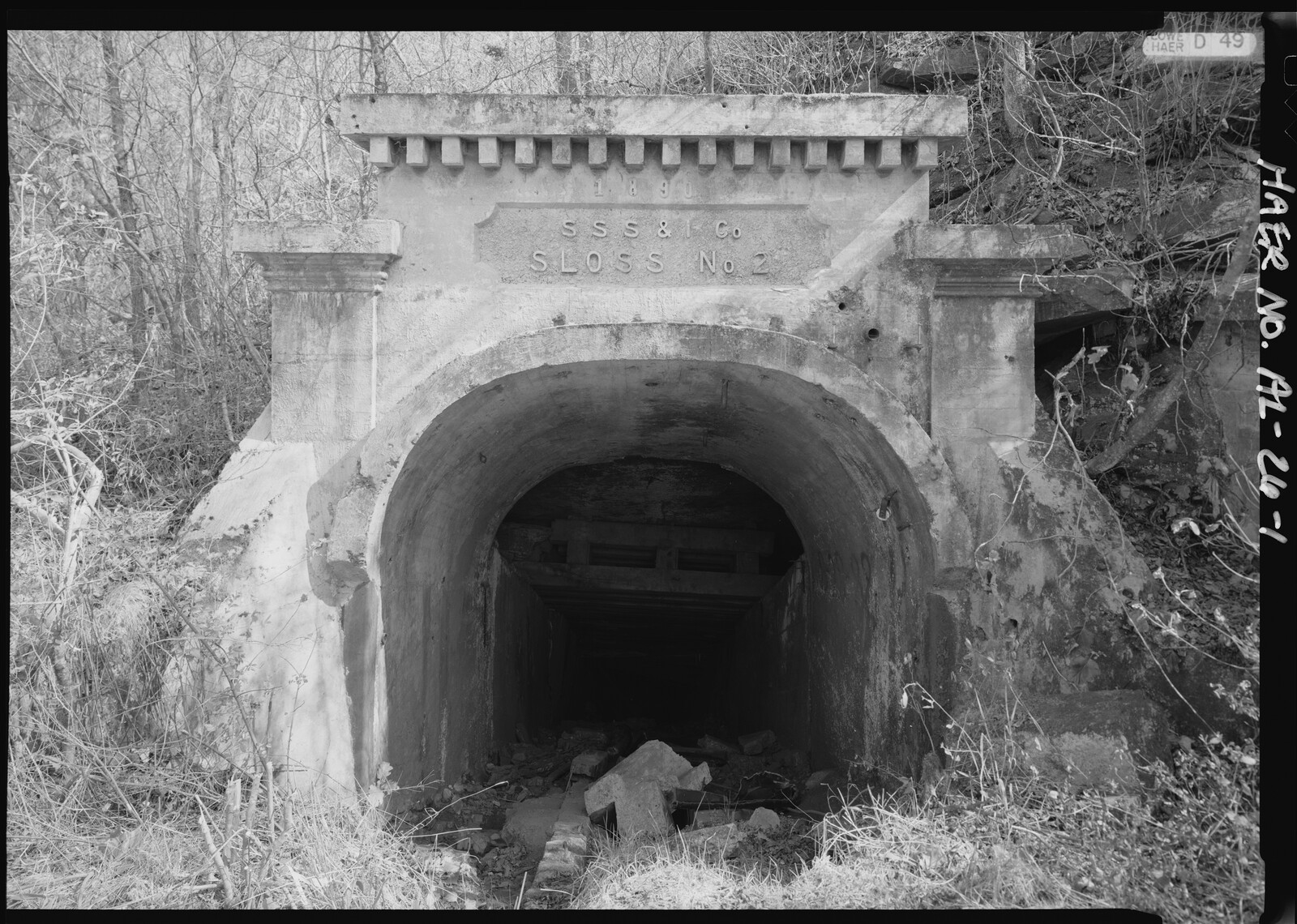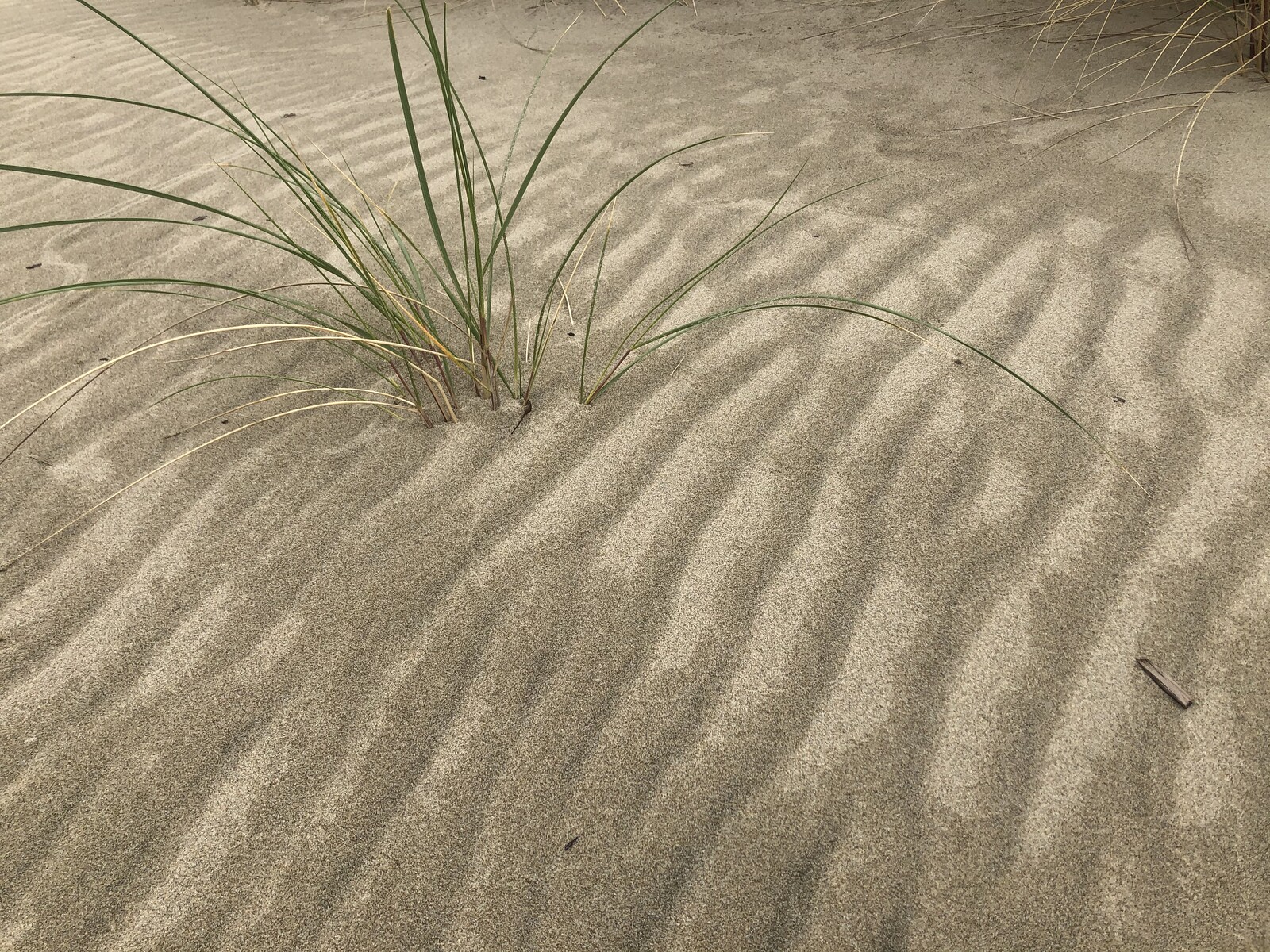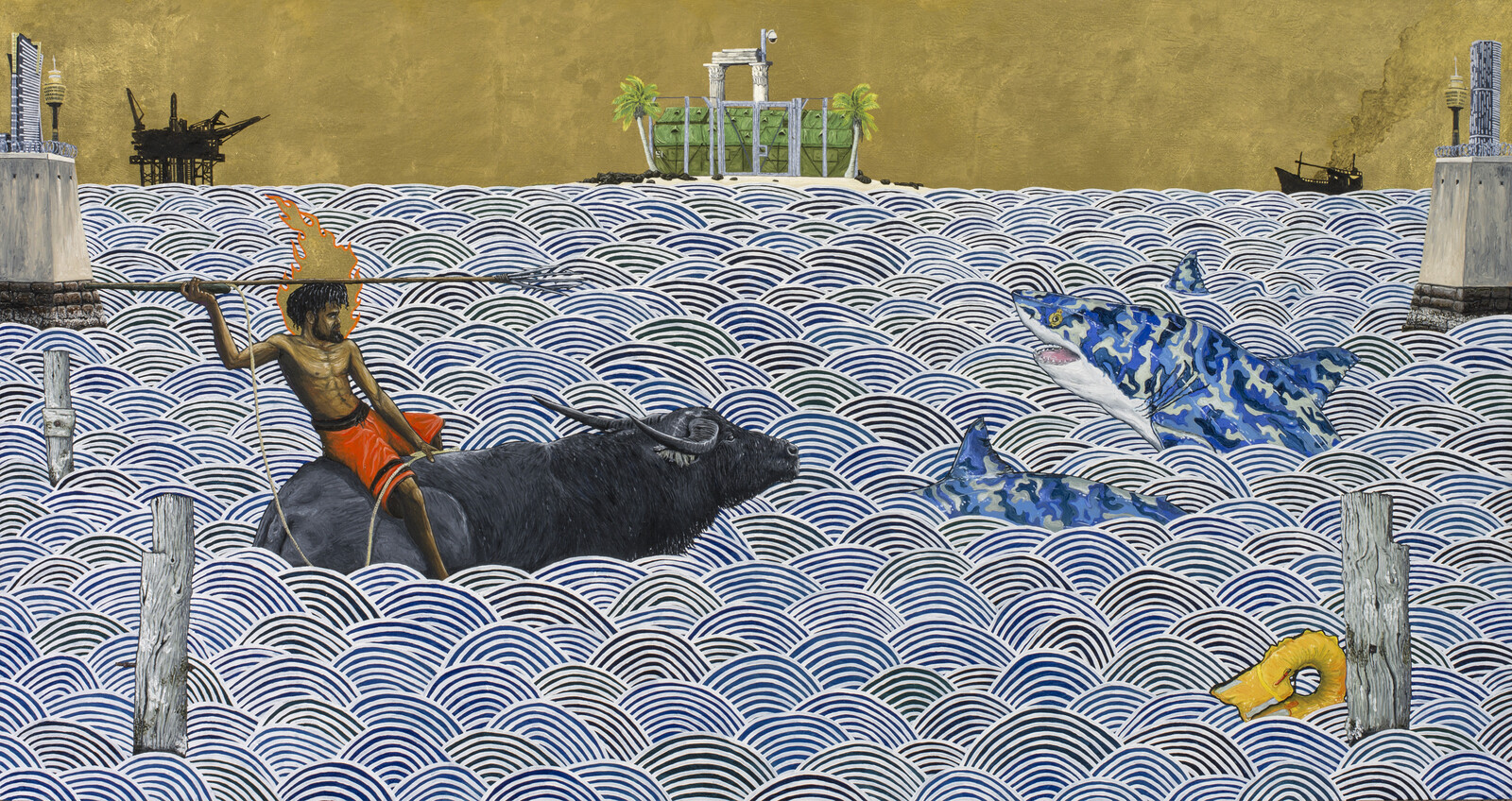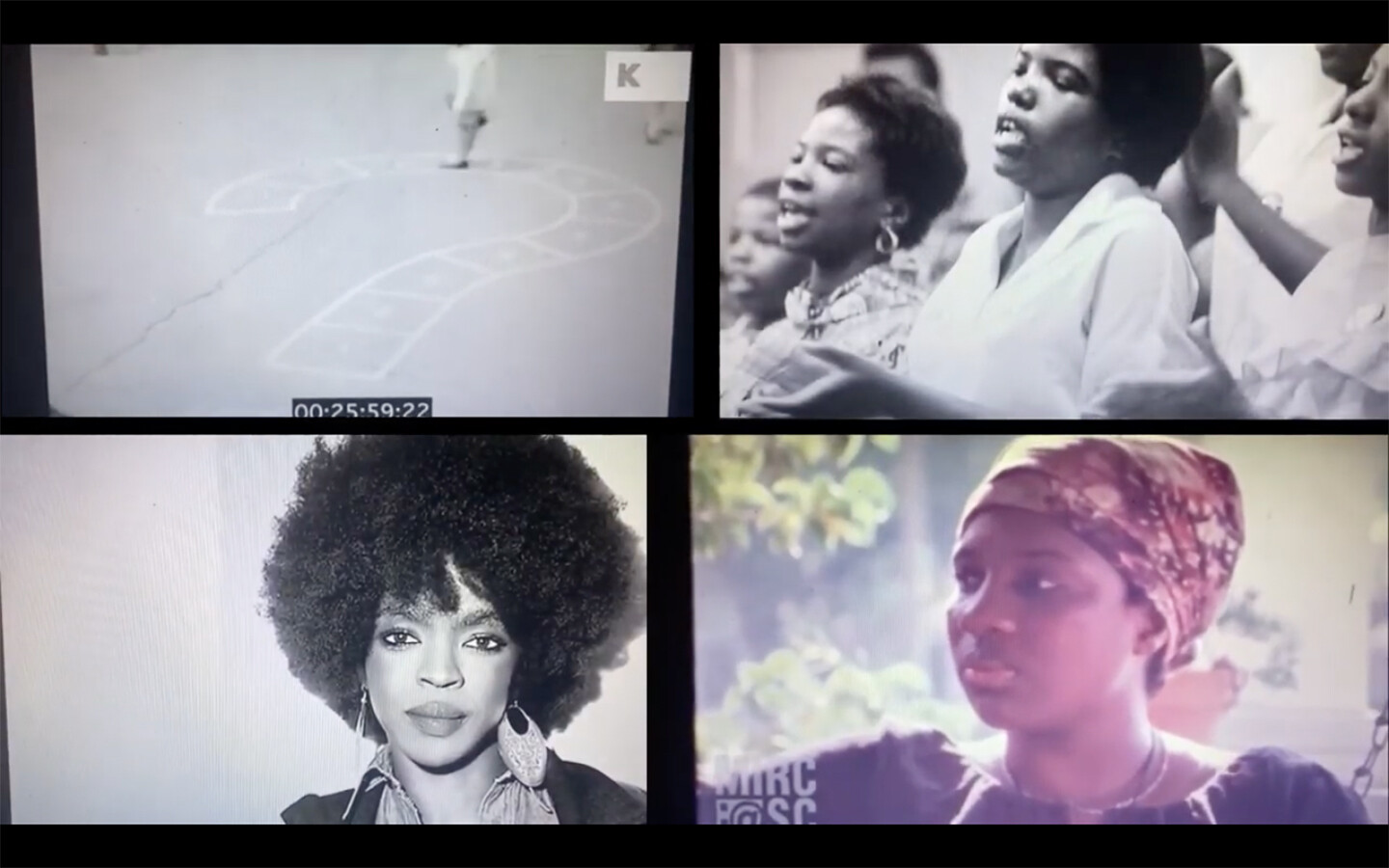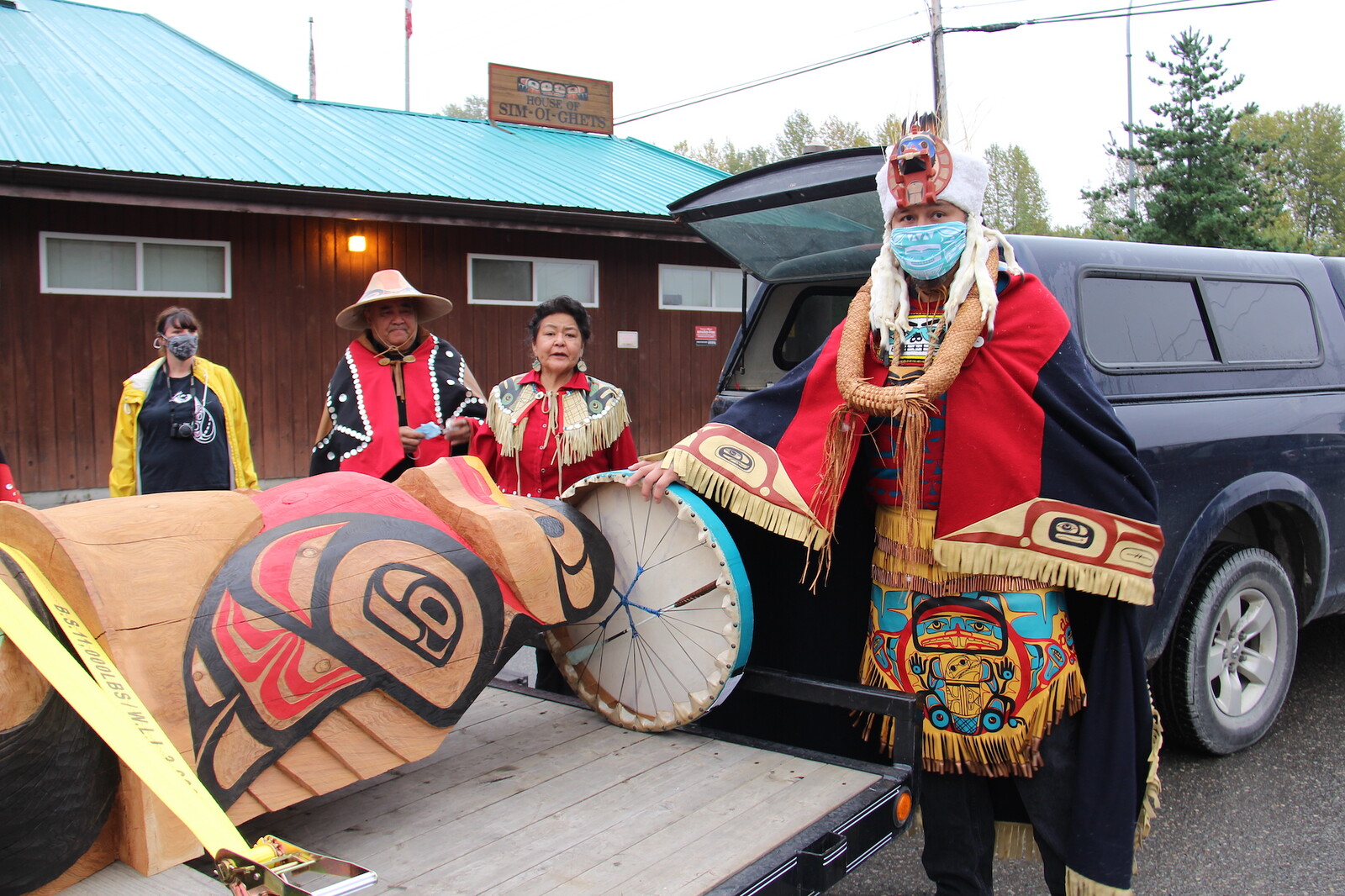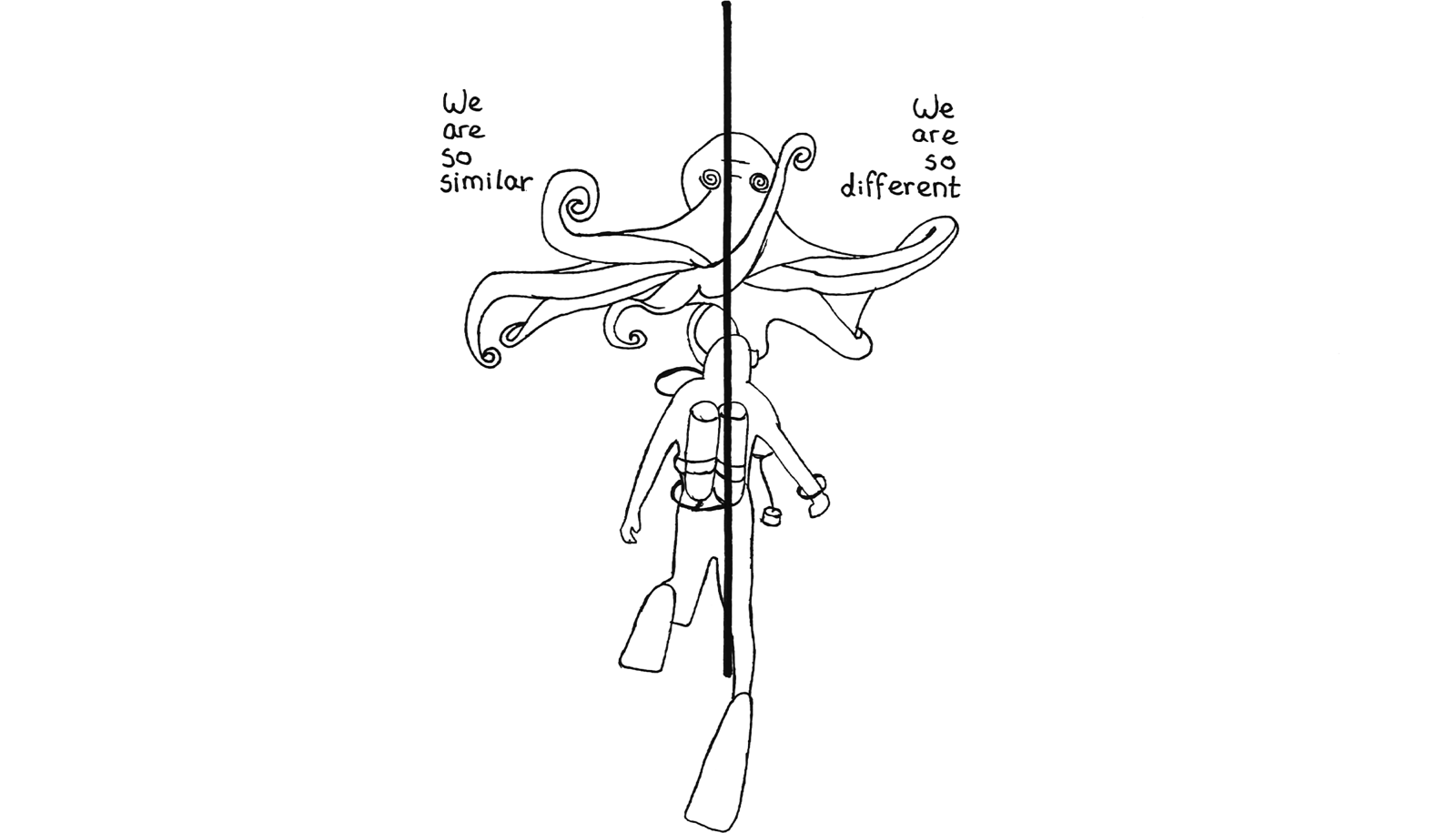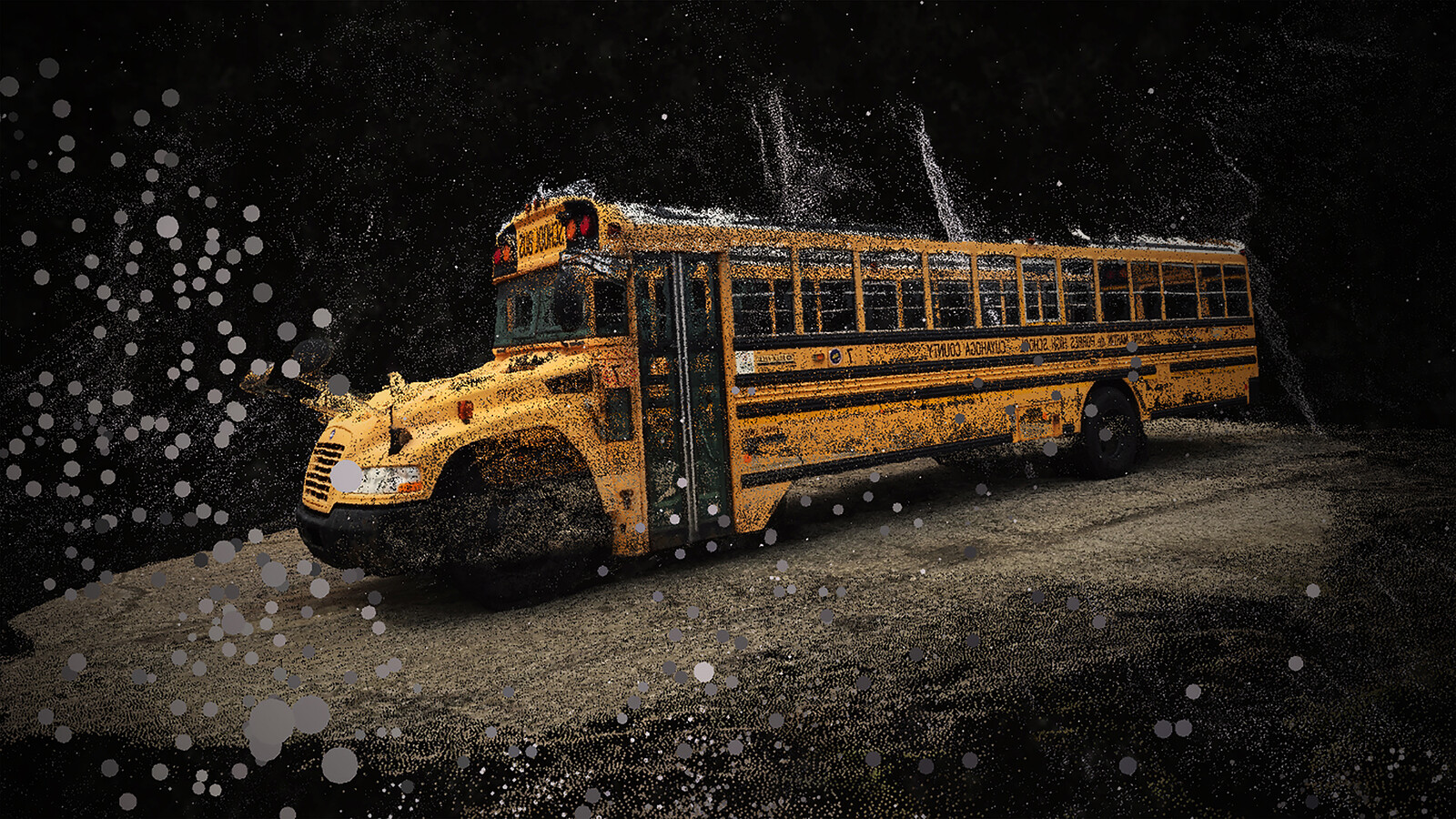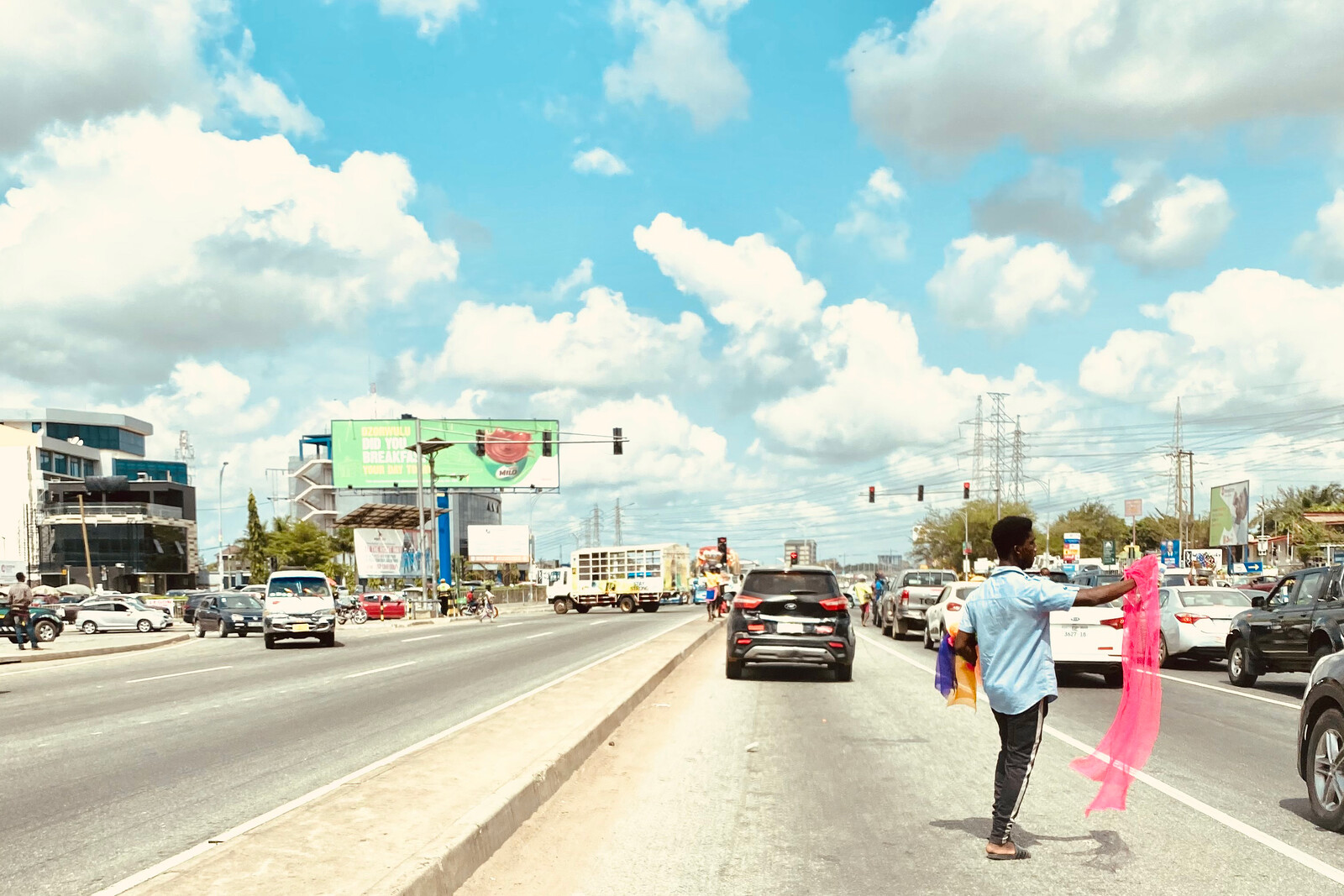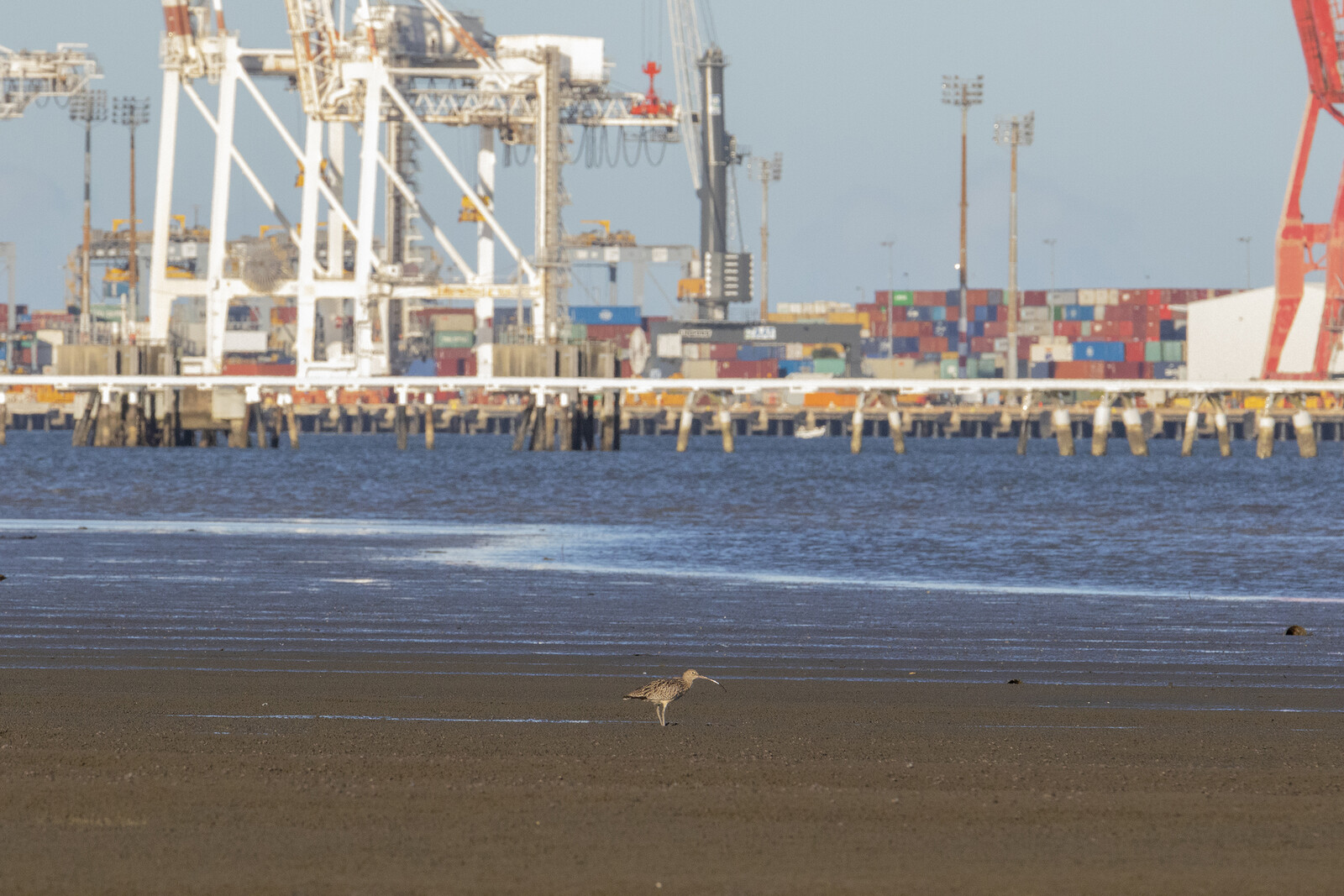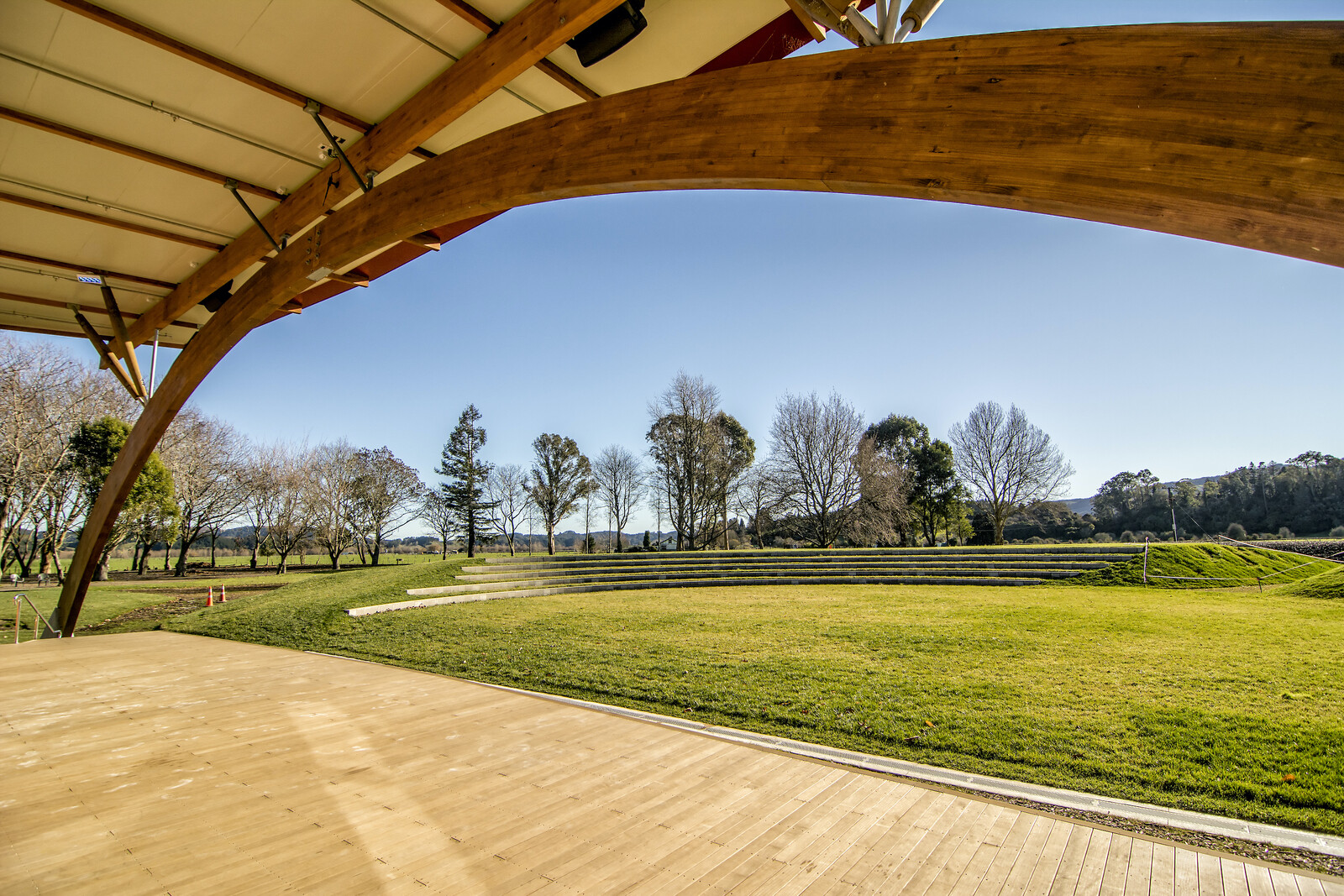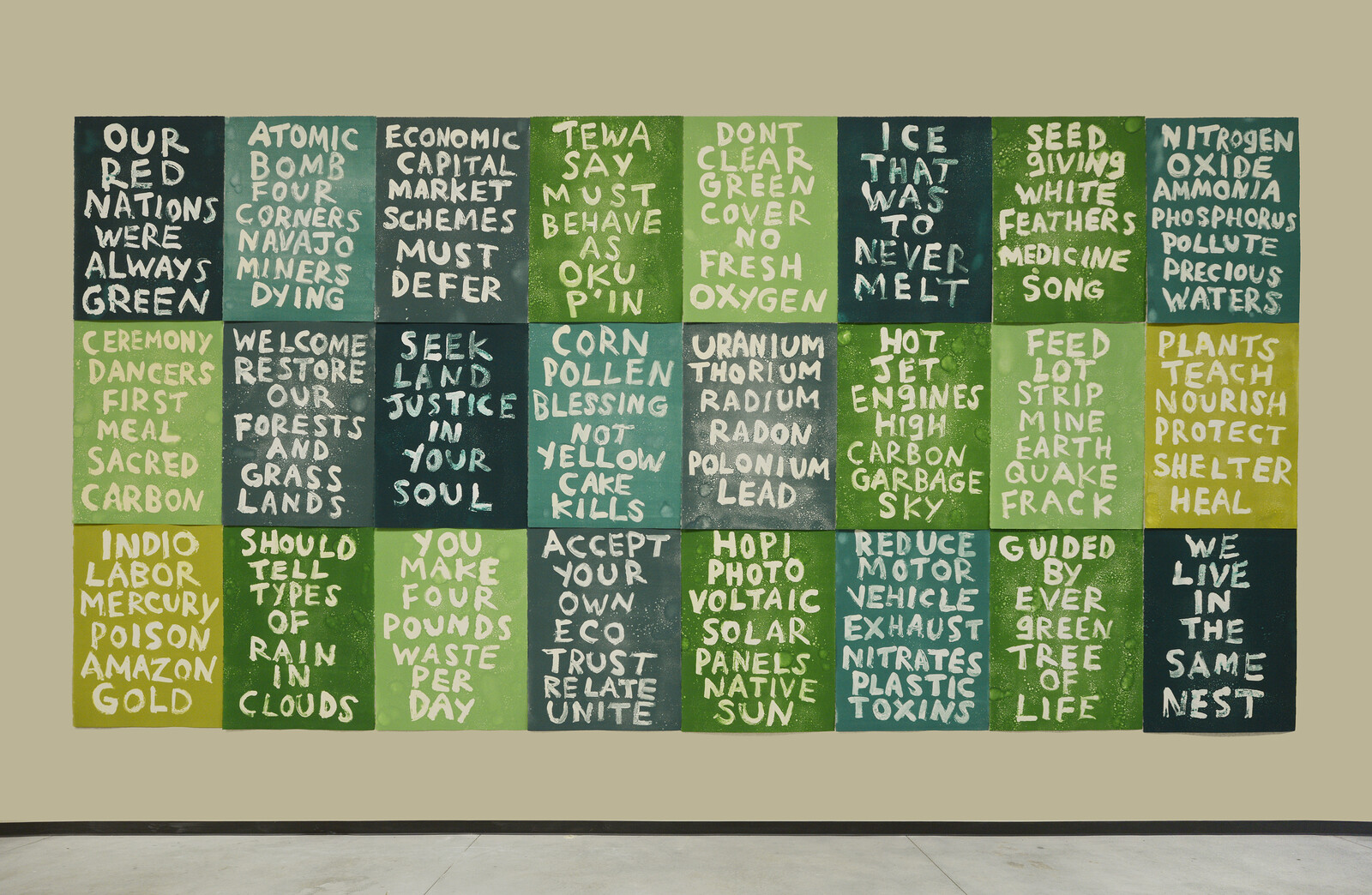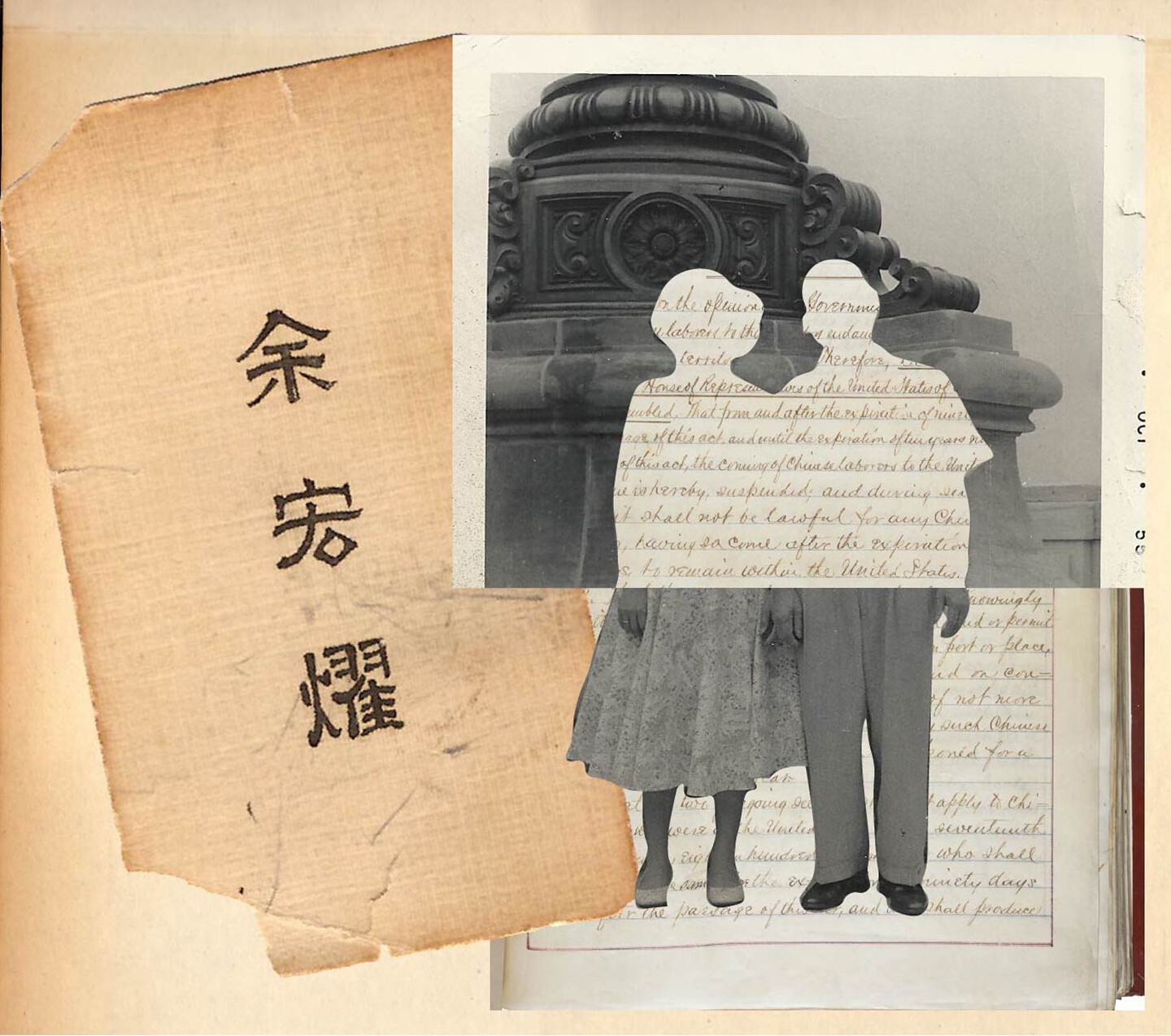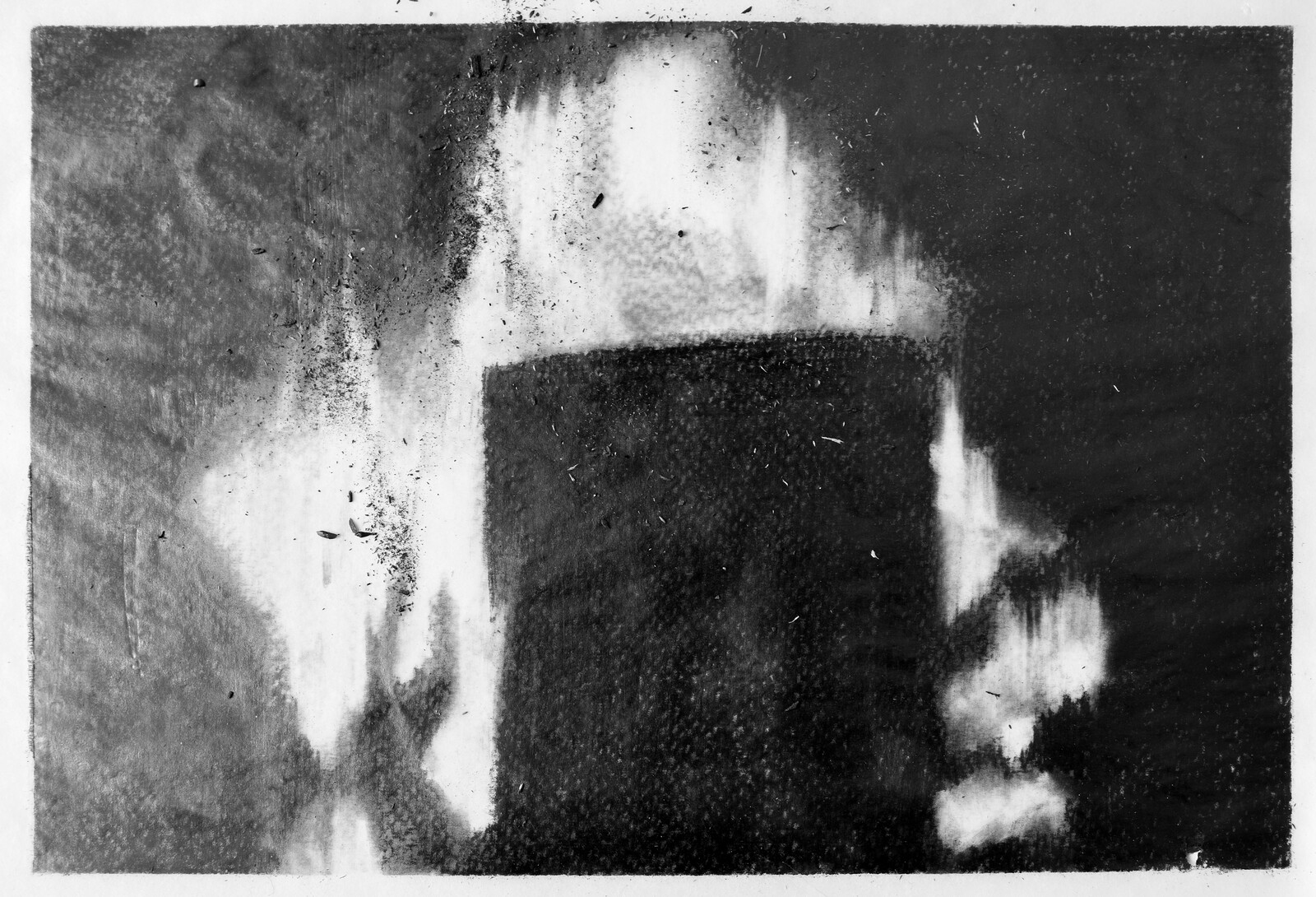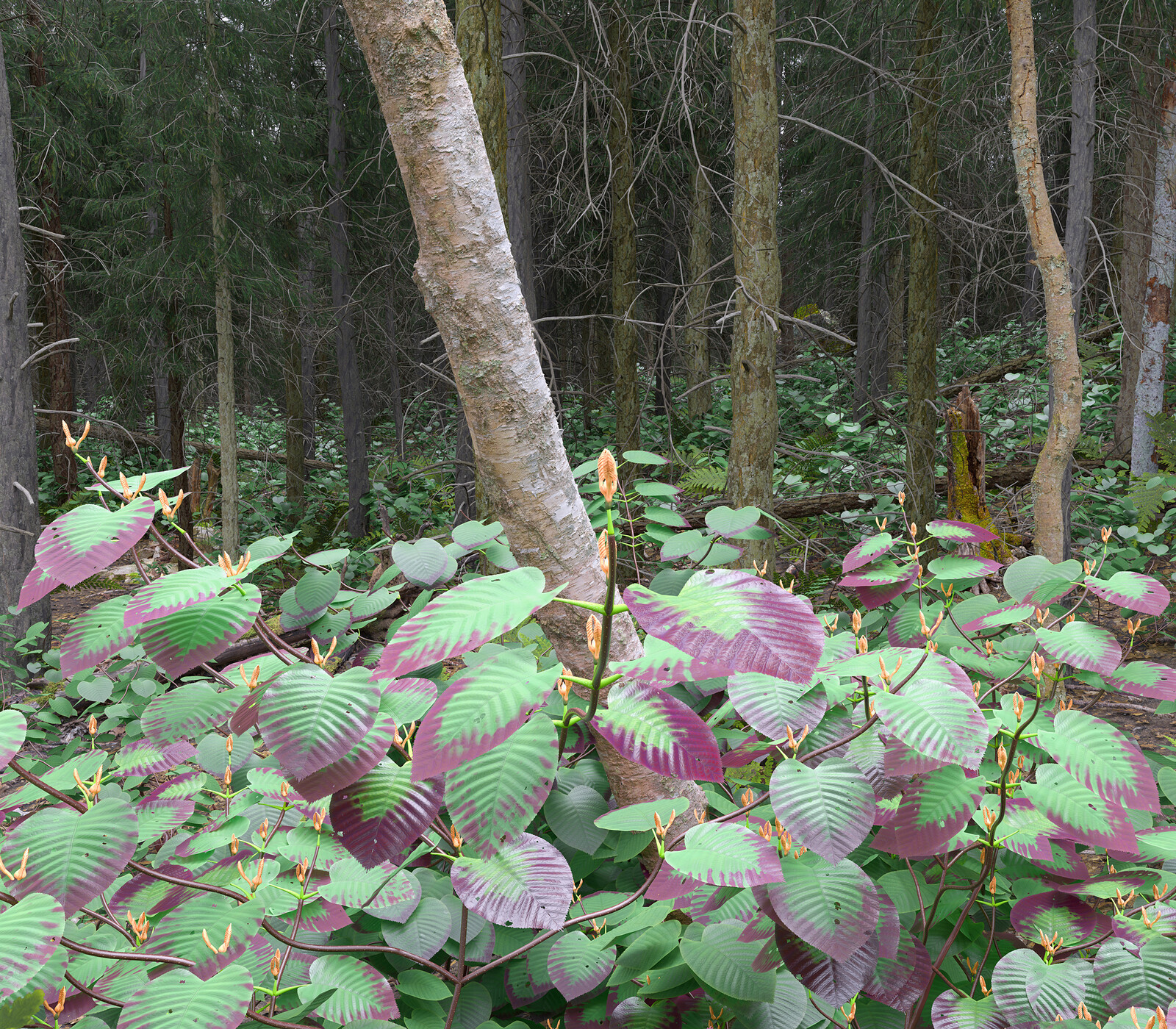They said with wonder and admiration, you are still alive, like hydrogen, like oxygen.
—Dionne Brand1
In Christina Sharpe’s book In the Wake: Blackness and Being, weather is used as a concept for thinking atmospheric conditions of heat, cloudiness, dryness, sunshine, wind, and rain as inseparable from the “total climate” of social, political and cultural existence.2 Sharpe proposes that in the wake of slavery, the weather, as total climate, has and will continue to envelop us all in an “atmosphere of antiblackness.”3 This reframes ideas of identity and belonging from the land to the atmosphere, the ocean, the ship, and the hold. “While the air of freedom might linger around the ship,” she writes, “it does not reach into the hold, or attend the bodies in the hold.”4
Antiblackness, air denied, being unable to breath, as pervasive as the weather; a “situated phenomena embedded in social and political worlds.”5 Astrida Neimanis and Jennifer Mae Hamilton take up these ideas in reference to the total climate of settler colonialism.6 They think weather not so much as a noun, but as the verb, “to weather,” in its present continuous conjugation, “weathering.” With associations of being worn away by exposure to the atmosphere, as well as coming safely through a storm or withstanding a difficulty or danger, weathering provides a way of thinking what erosion by the total climate of antiblackness and settler colonialism means and does. It speaks to the experience of withstanding while living within; of subjection and resistance while being incapable of completely escaping.
Weathering stands in dialogue with Sharpe’s “wake work,” her phrase for how subjected black bodies refuse asphyxiation for “aspiration,” understood as a tactic to put back and keep breath in Black bodies.7 Weathering, wake work, and aspiration enable “the shipped, the held, and those in the wake” to “produce out of the weather their own ecologies.”8 As indigenous, black, colonized, thingified bodies continue to live within and resist the total climates of our weather-worlds, weather-marked, they persevere—interrupting existing patterns of weathermaking, for they are weather makers too.
Dionne Brand, “Verso 55,” unpublished, quoted with permission in Christine Sharpe, In the Wake: On Blackness and Being (Durham: Duke University Press, 2016), 17.
Sharpe, In the Wake, 104.
Ibid., 112.
Ibid., 104.
Astrida Neimanis and Jennifer Mae Hamilton, “open space weathering,” Feminist Review 118, no. 1 (2018): 81.
Ibid., 80–84.
Sharpe, In the Wake, 113.
Ibid., 106.
Survivance is a collaboration between the Solomon R. Guggenheim Museum and e-flux Architecture.
